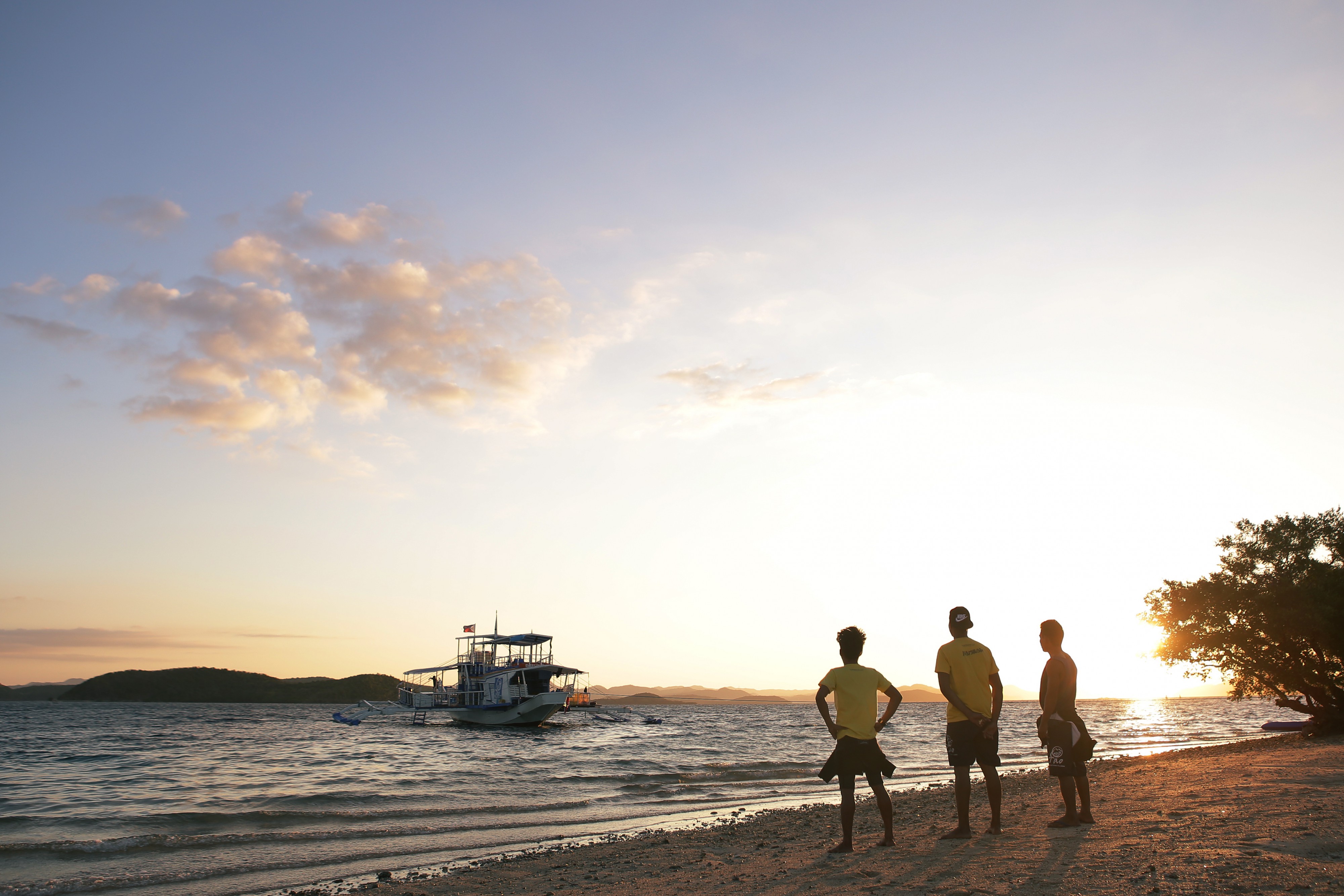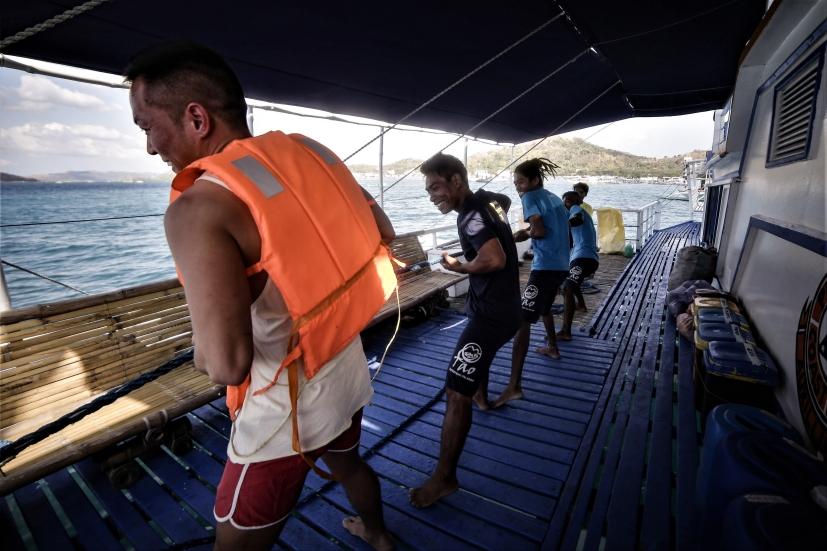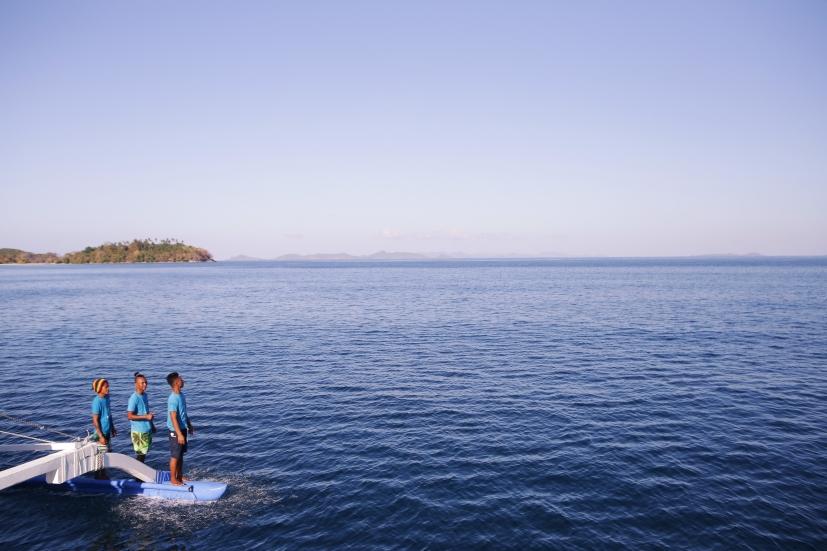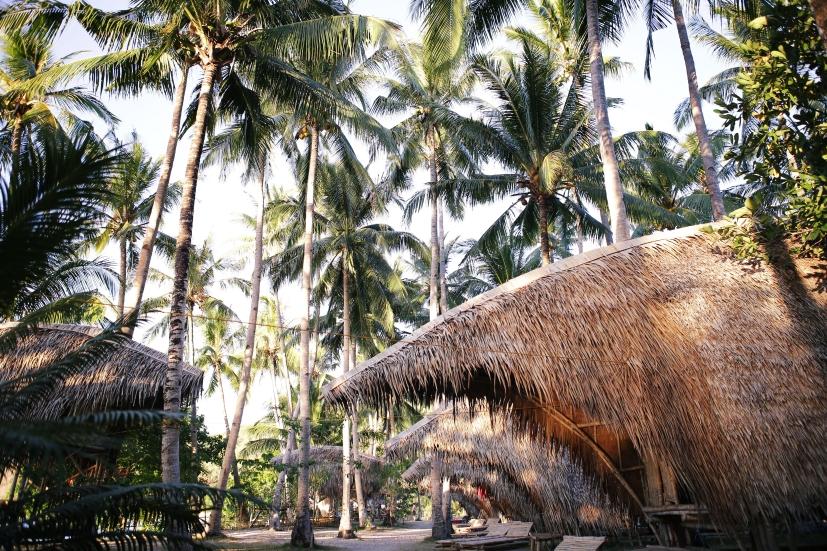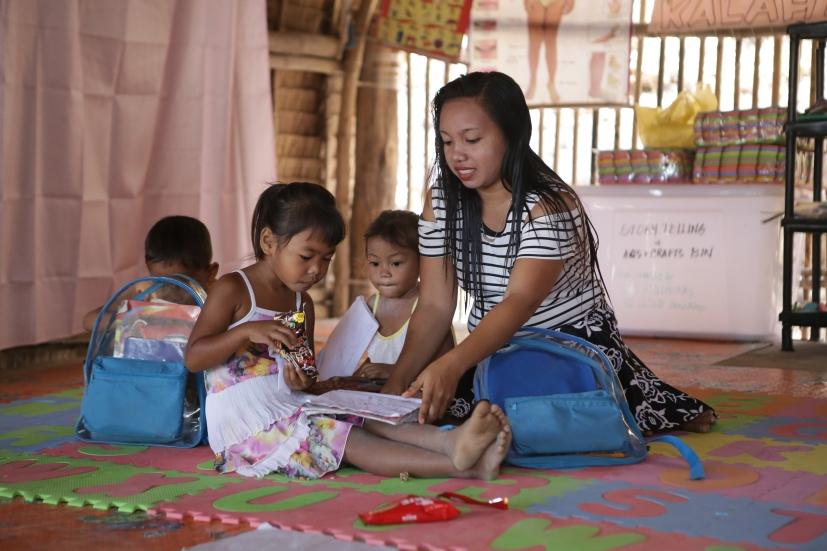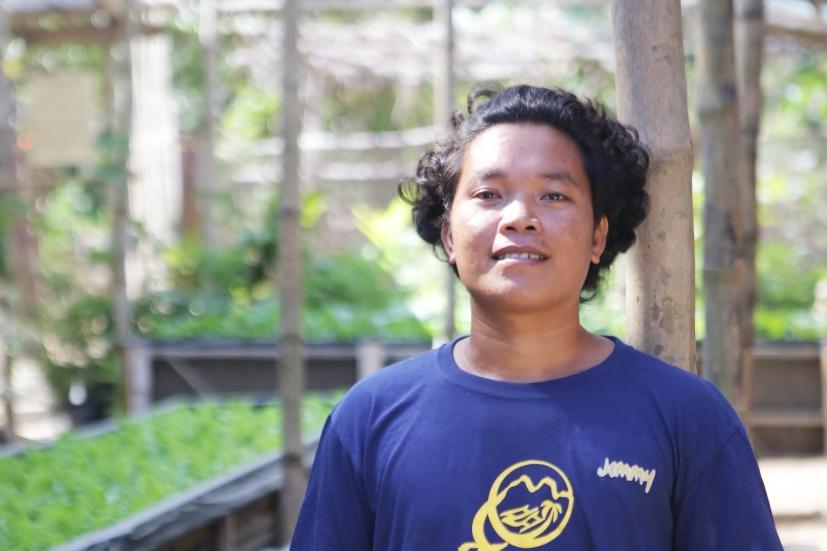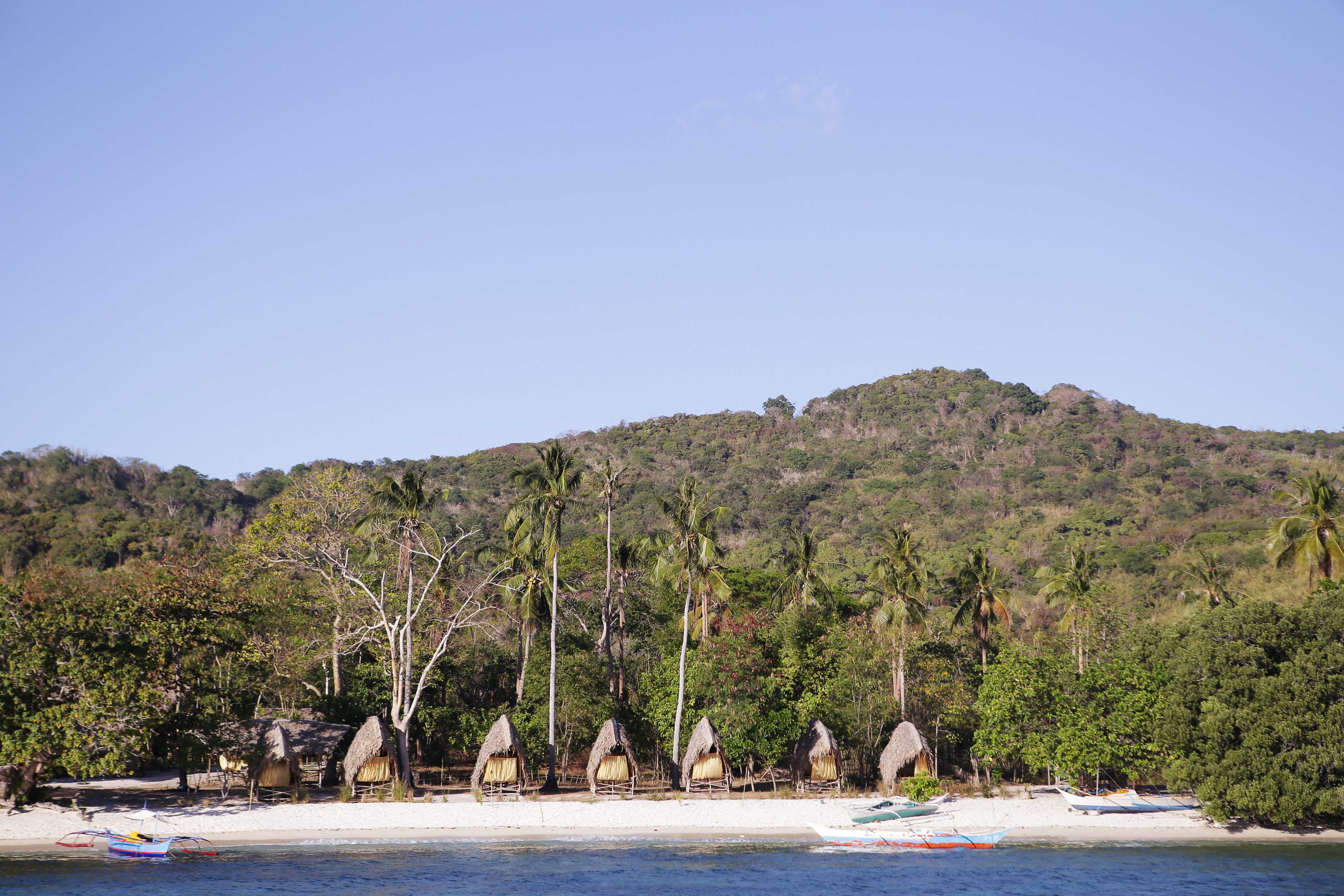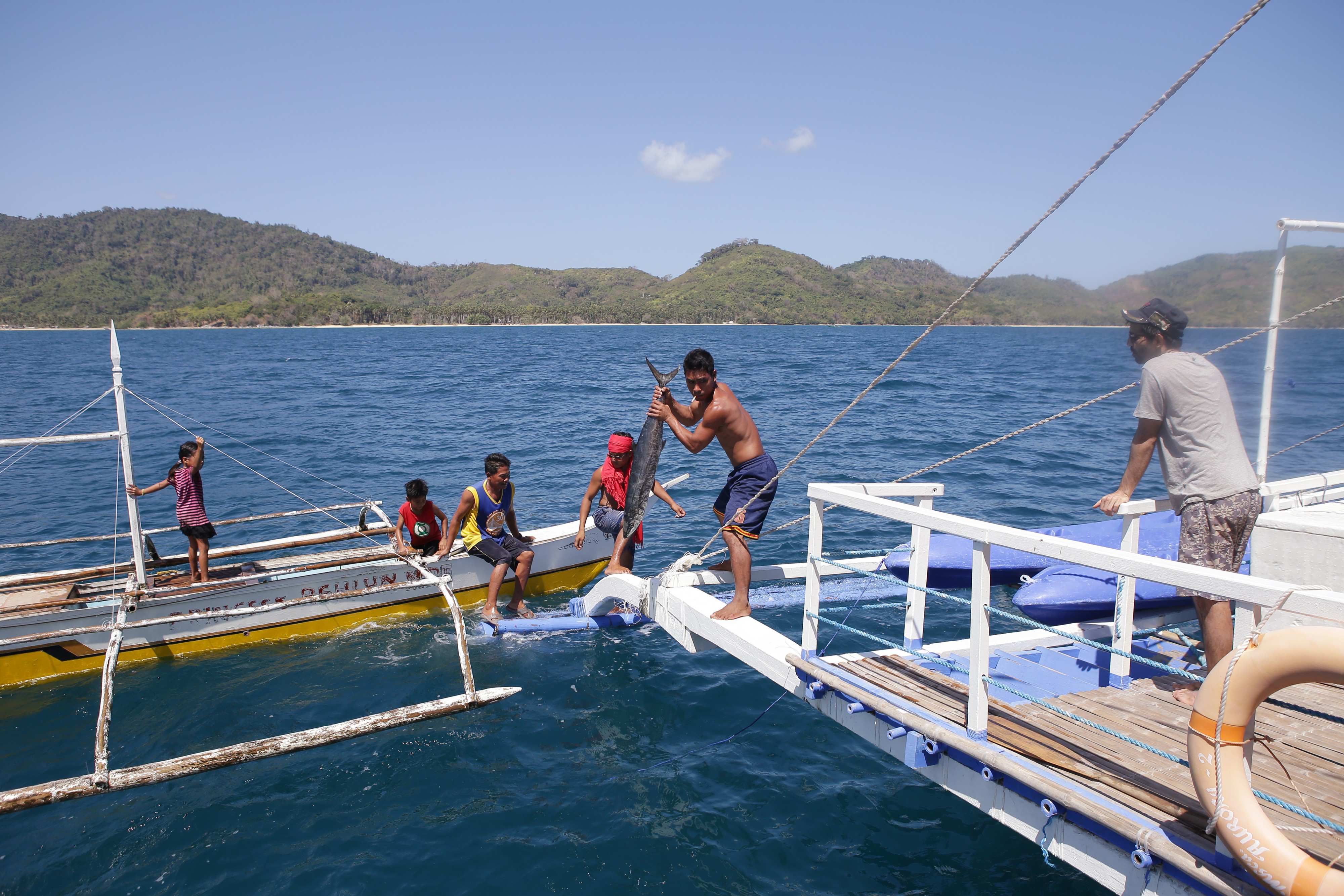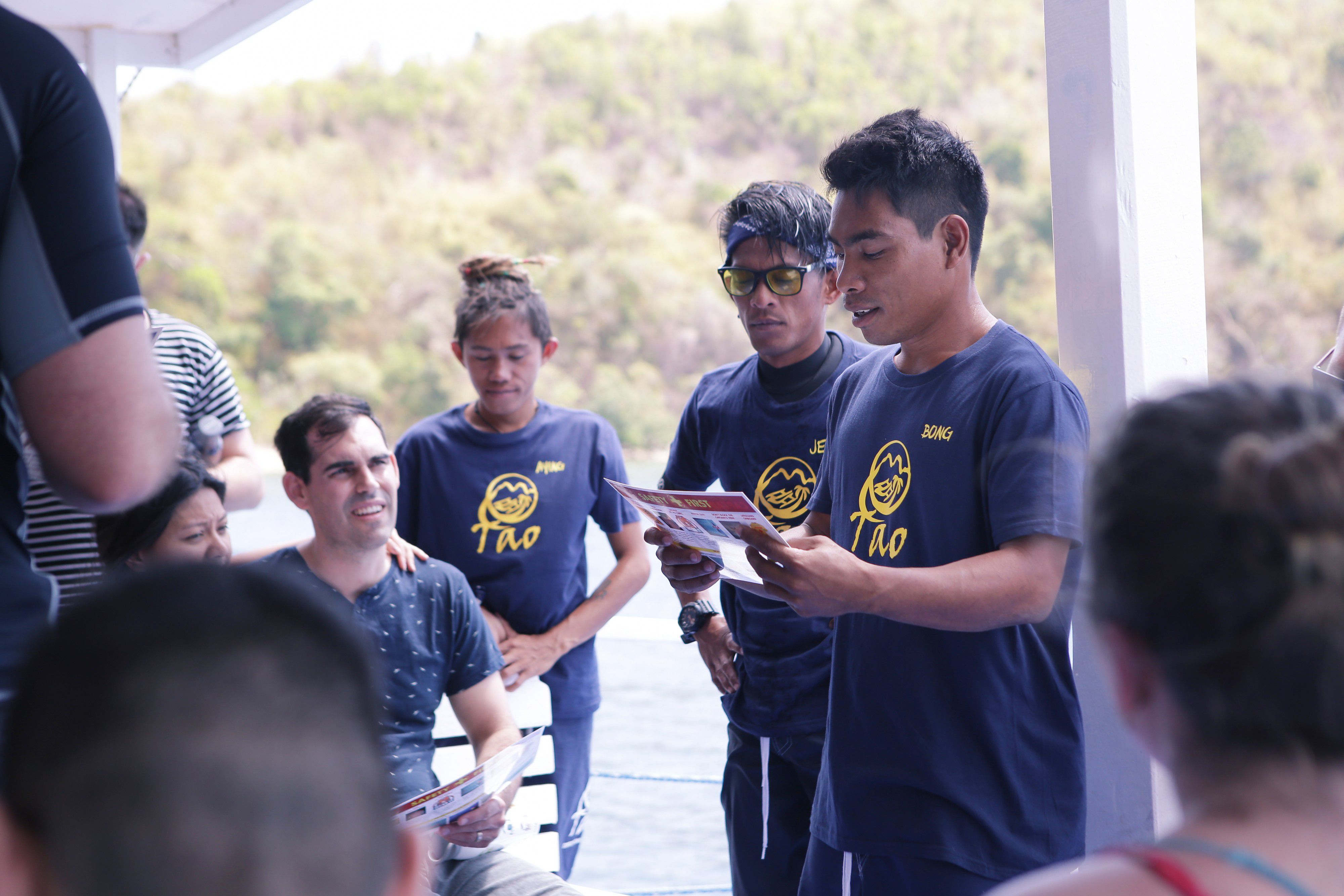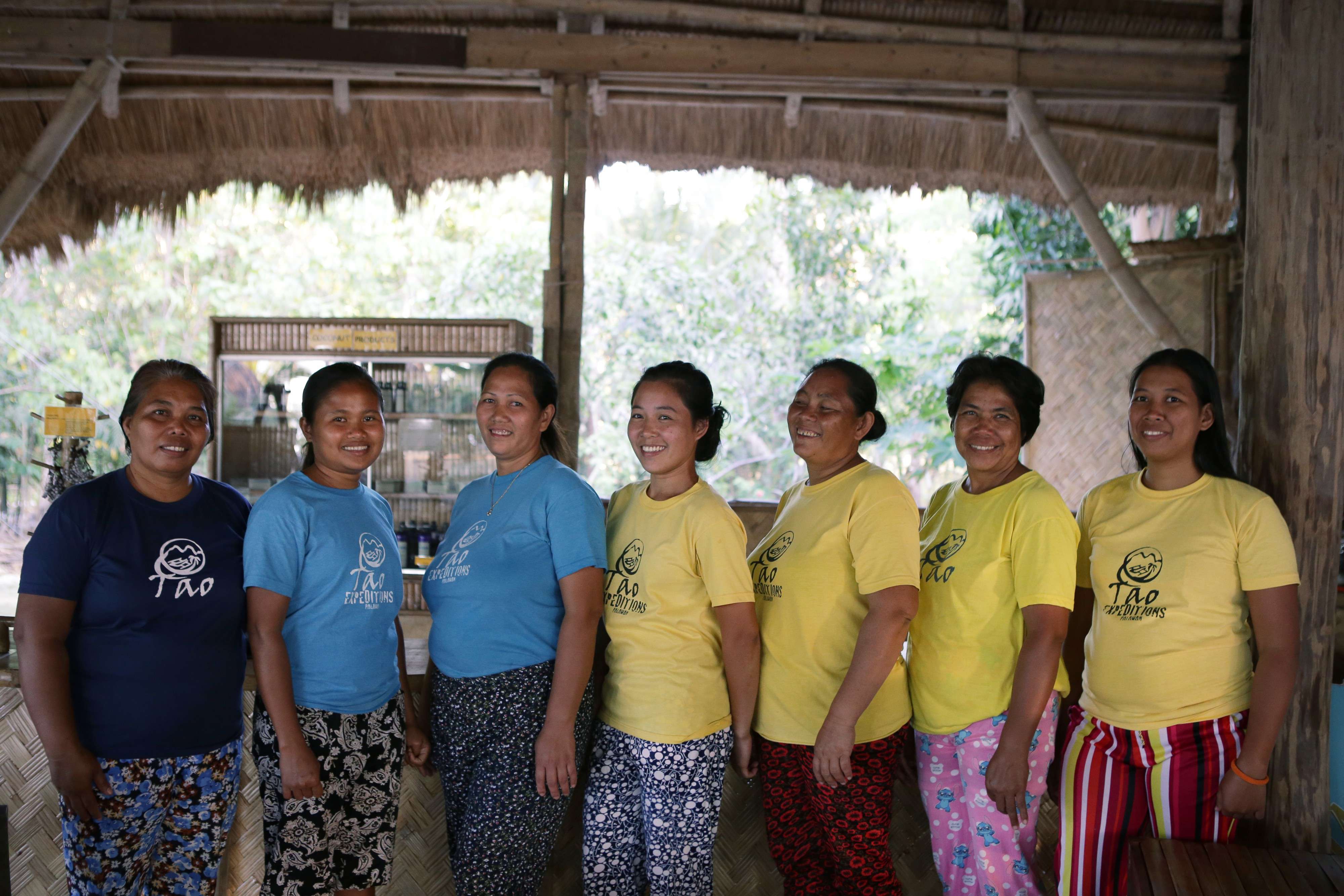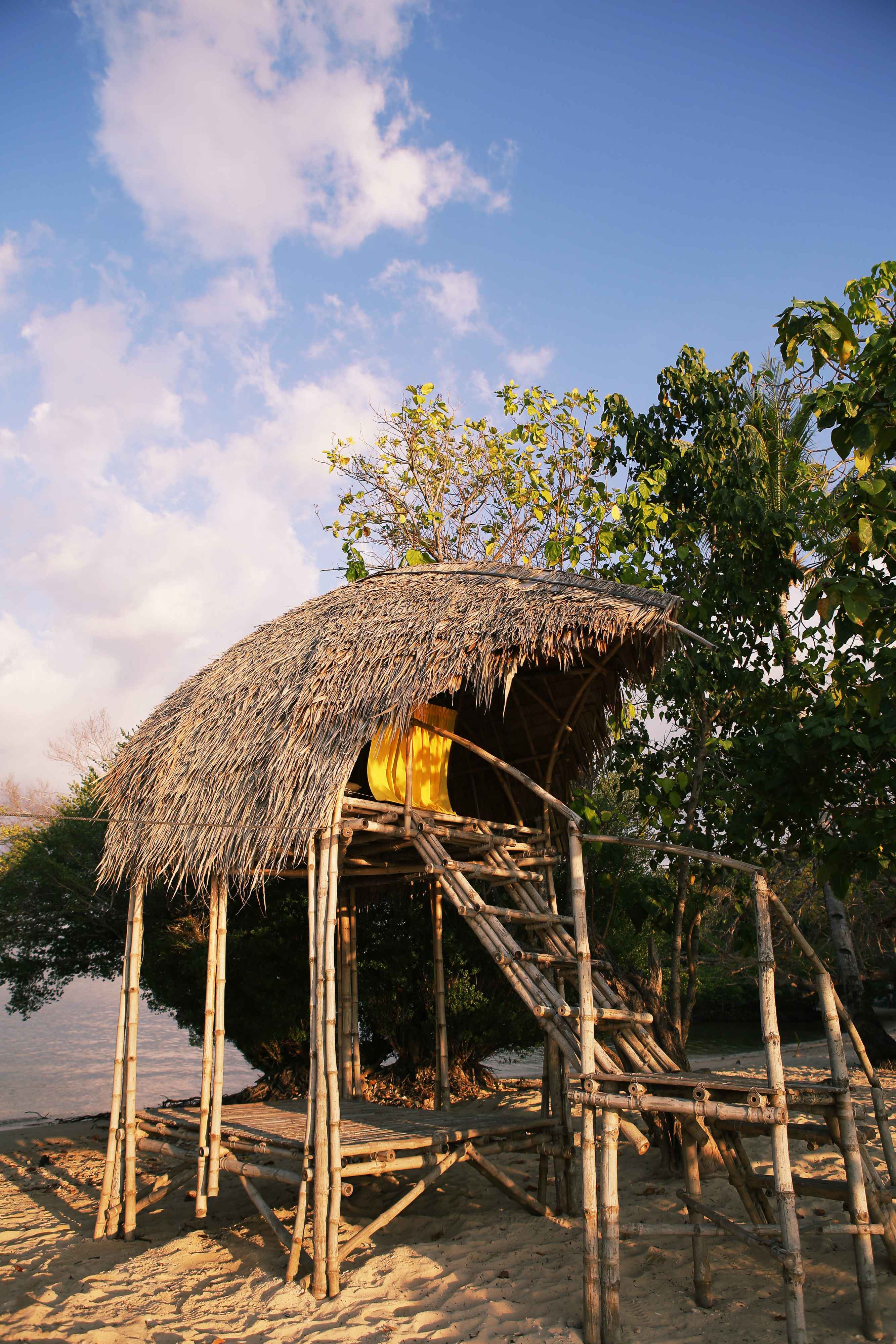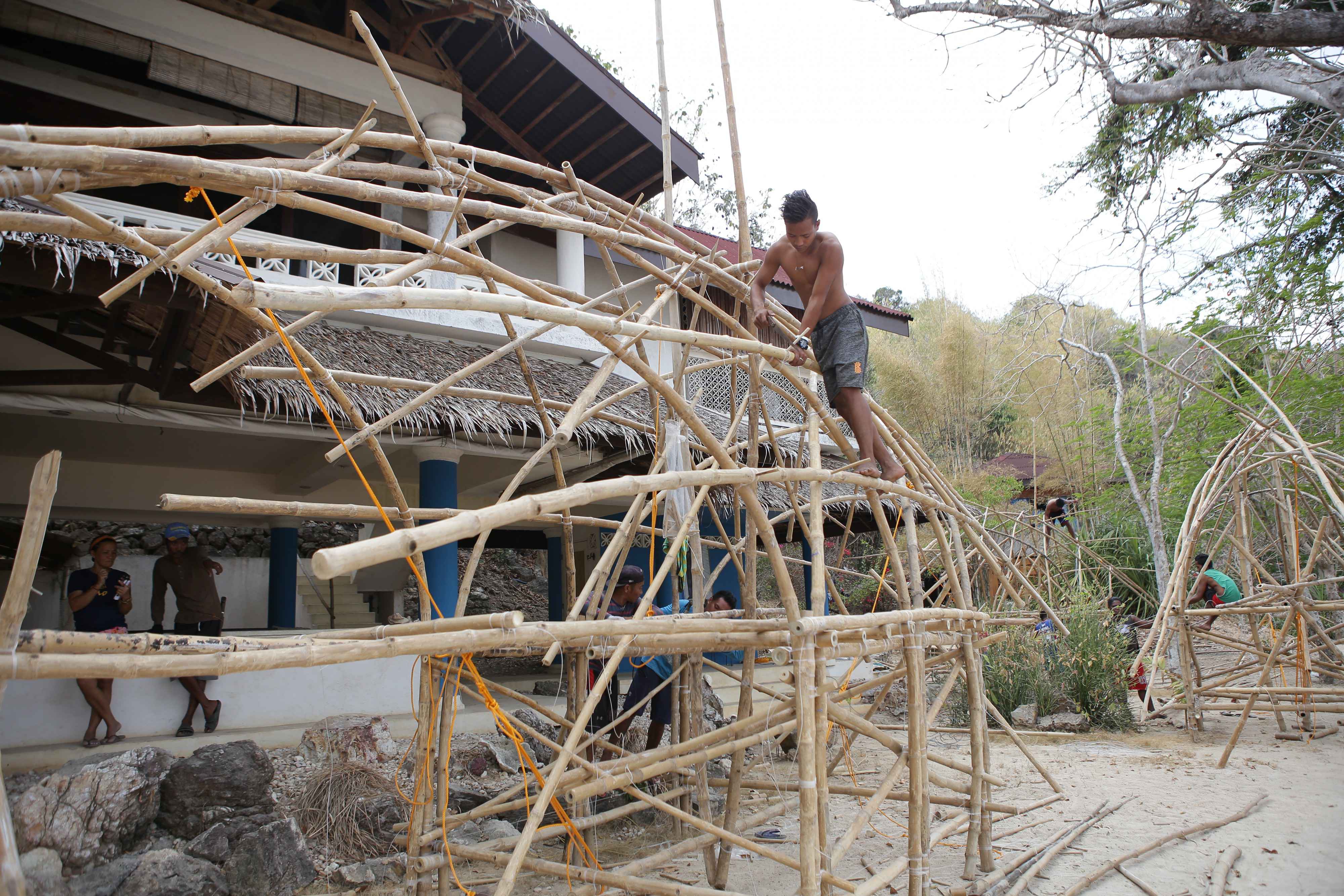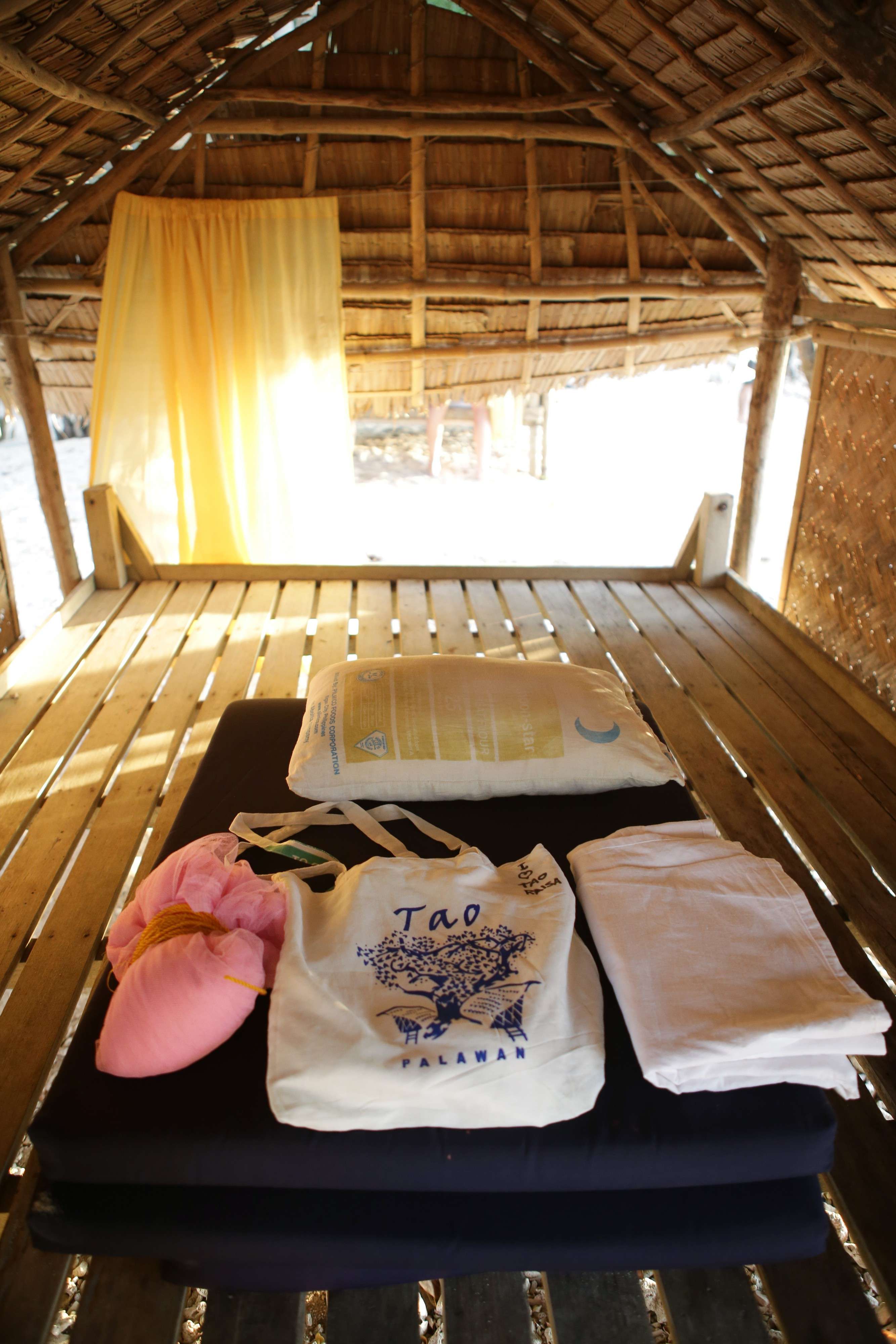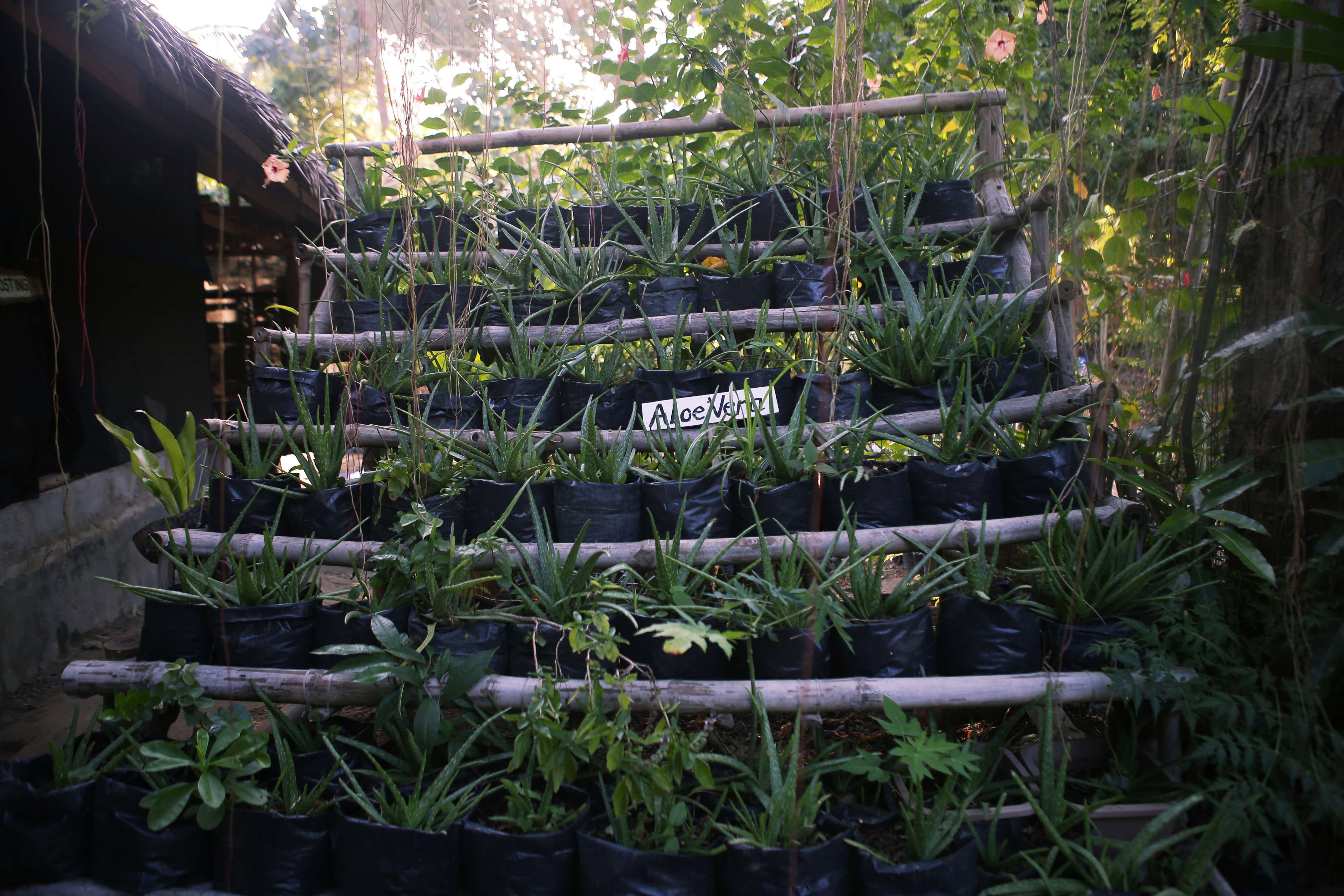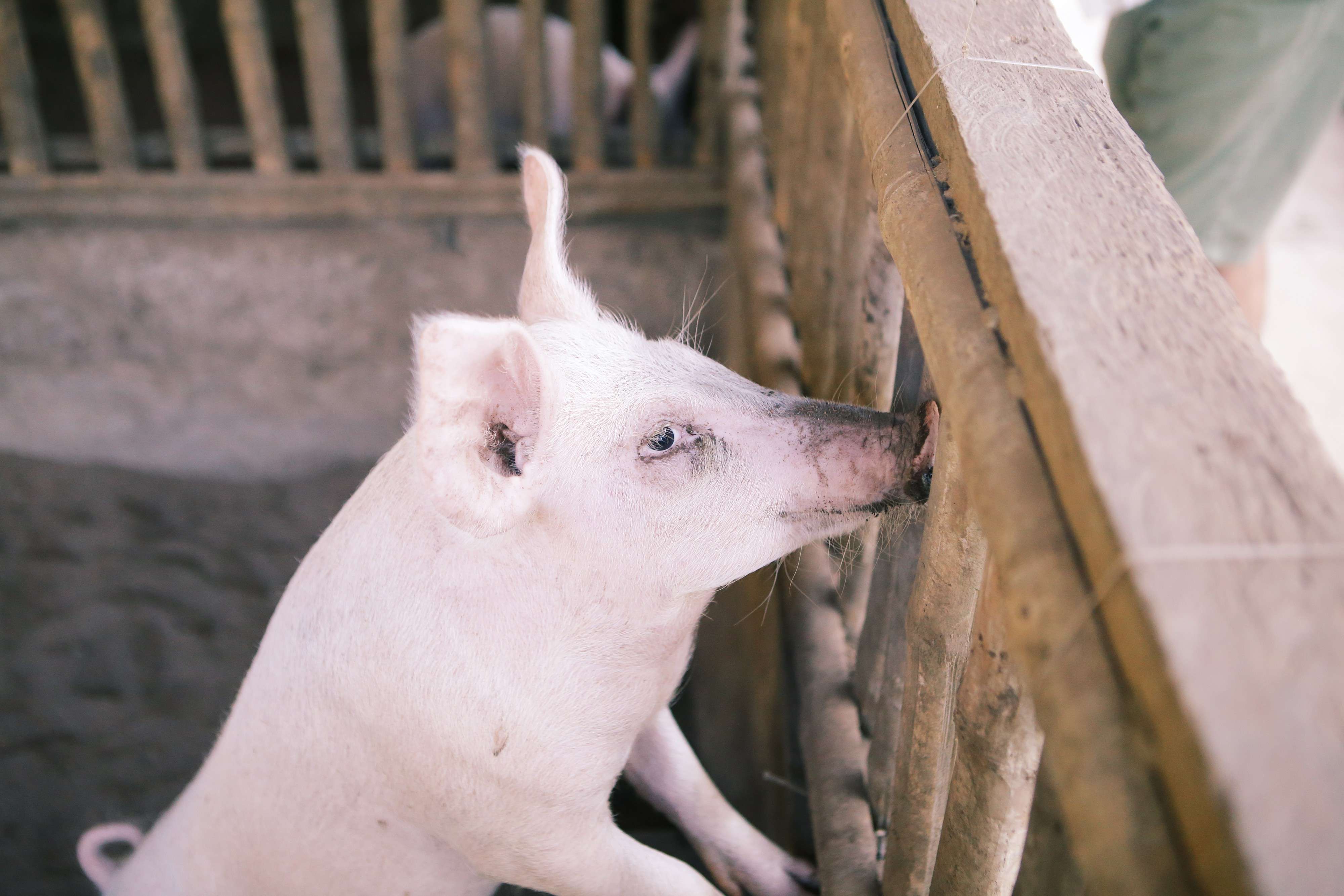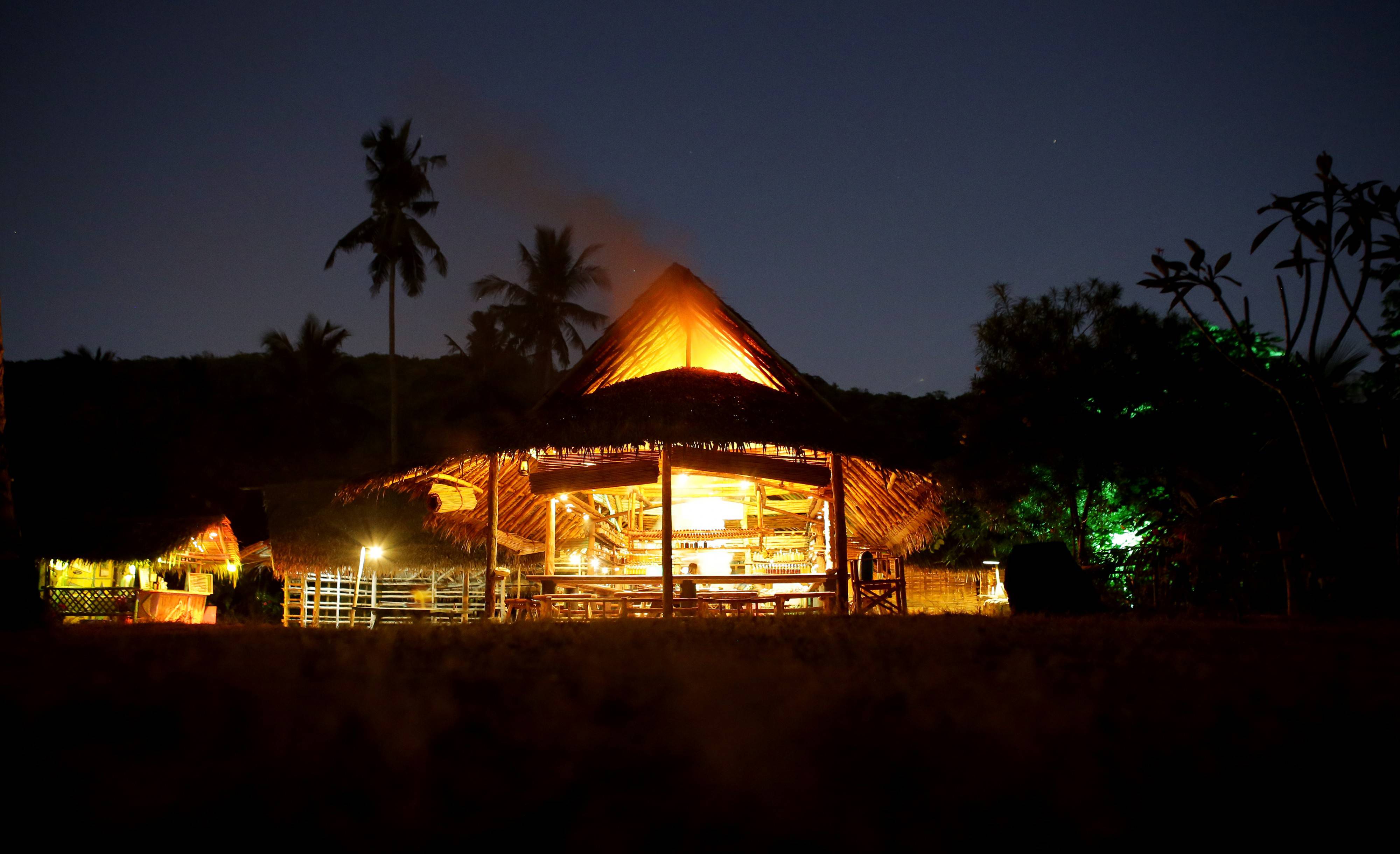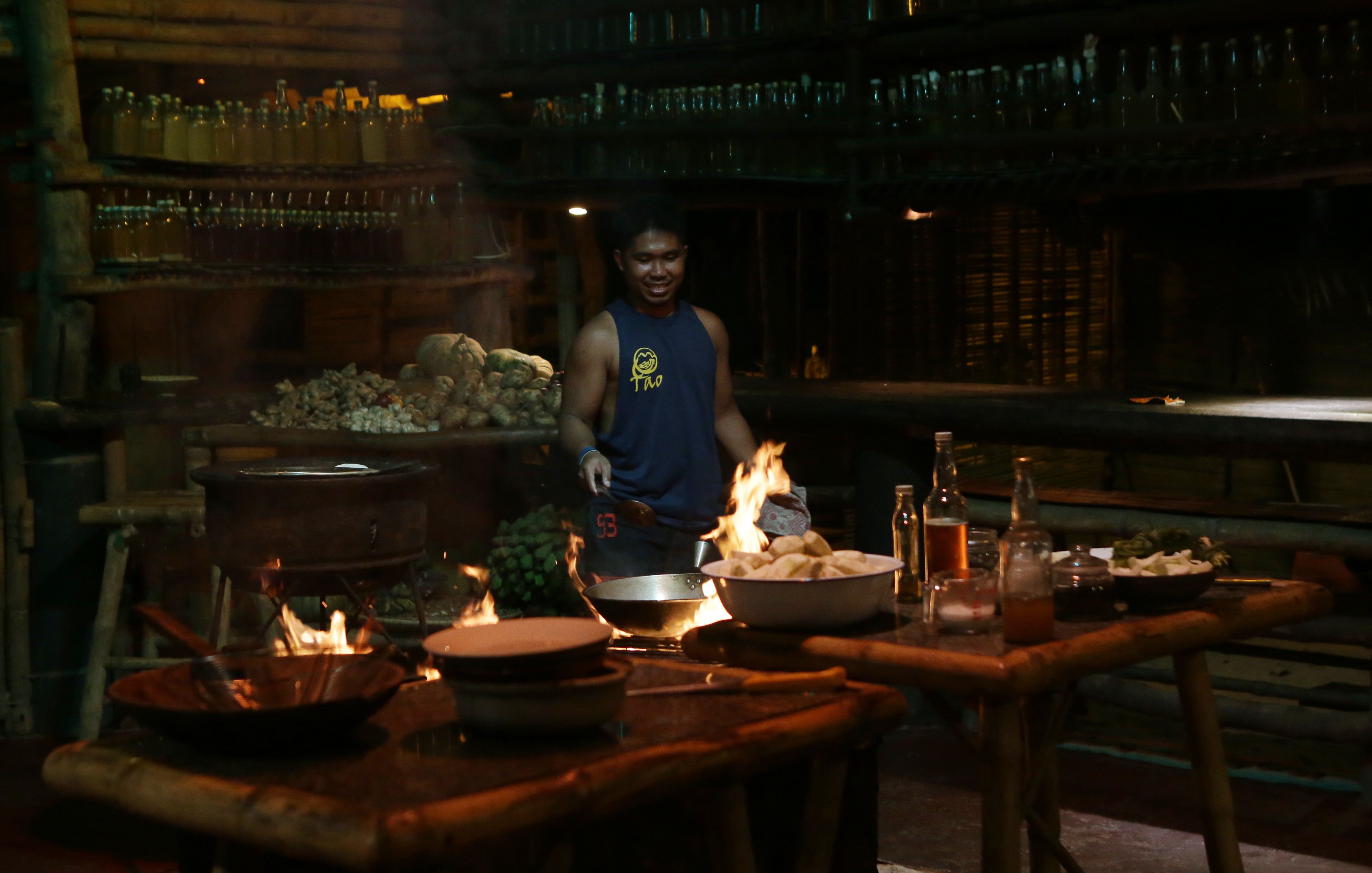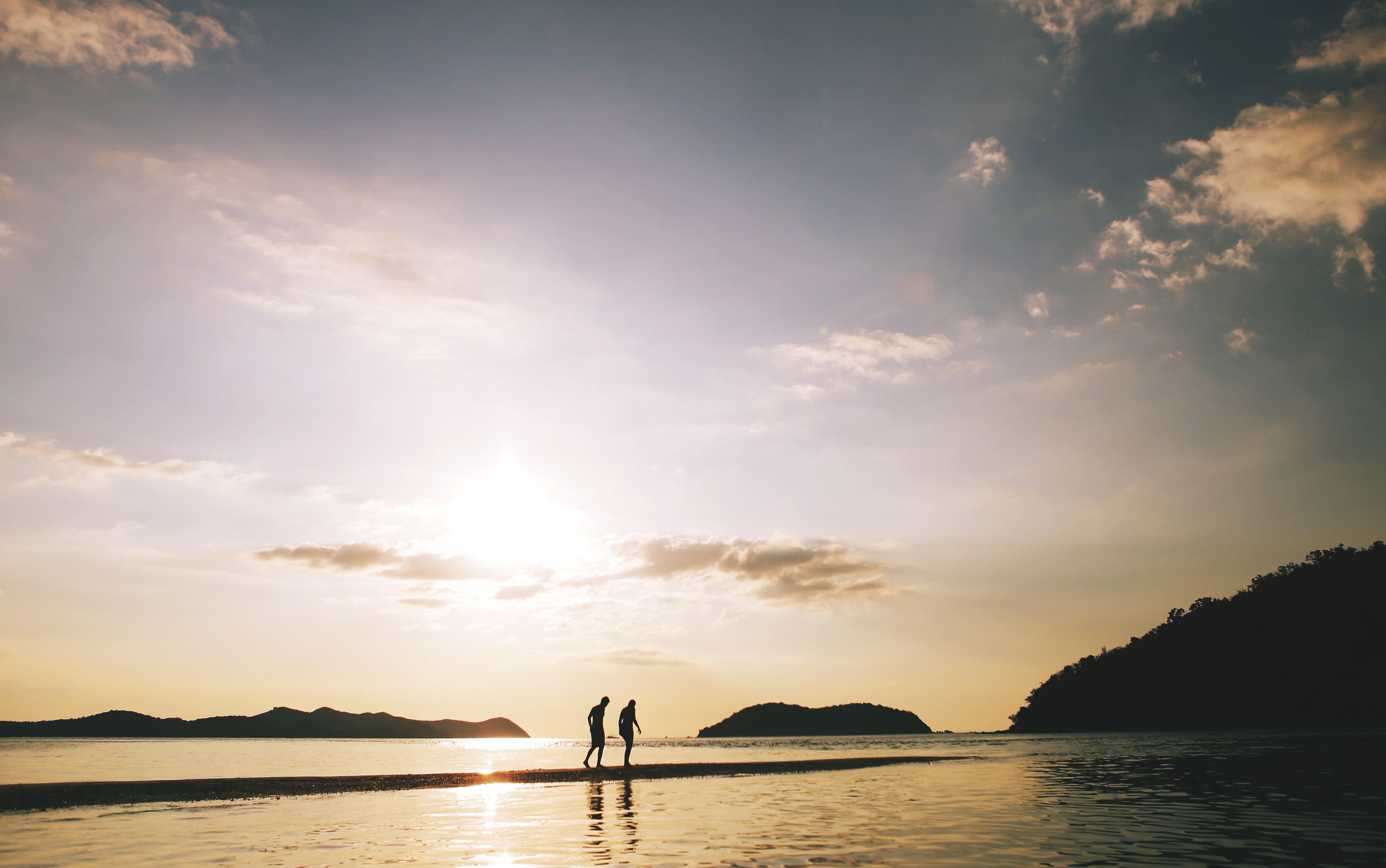A dreamy getaway in the Philippines with dreams of inclusion
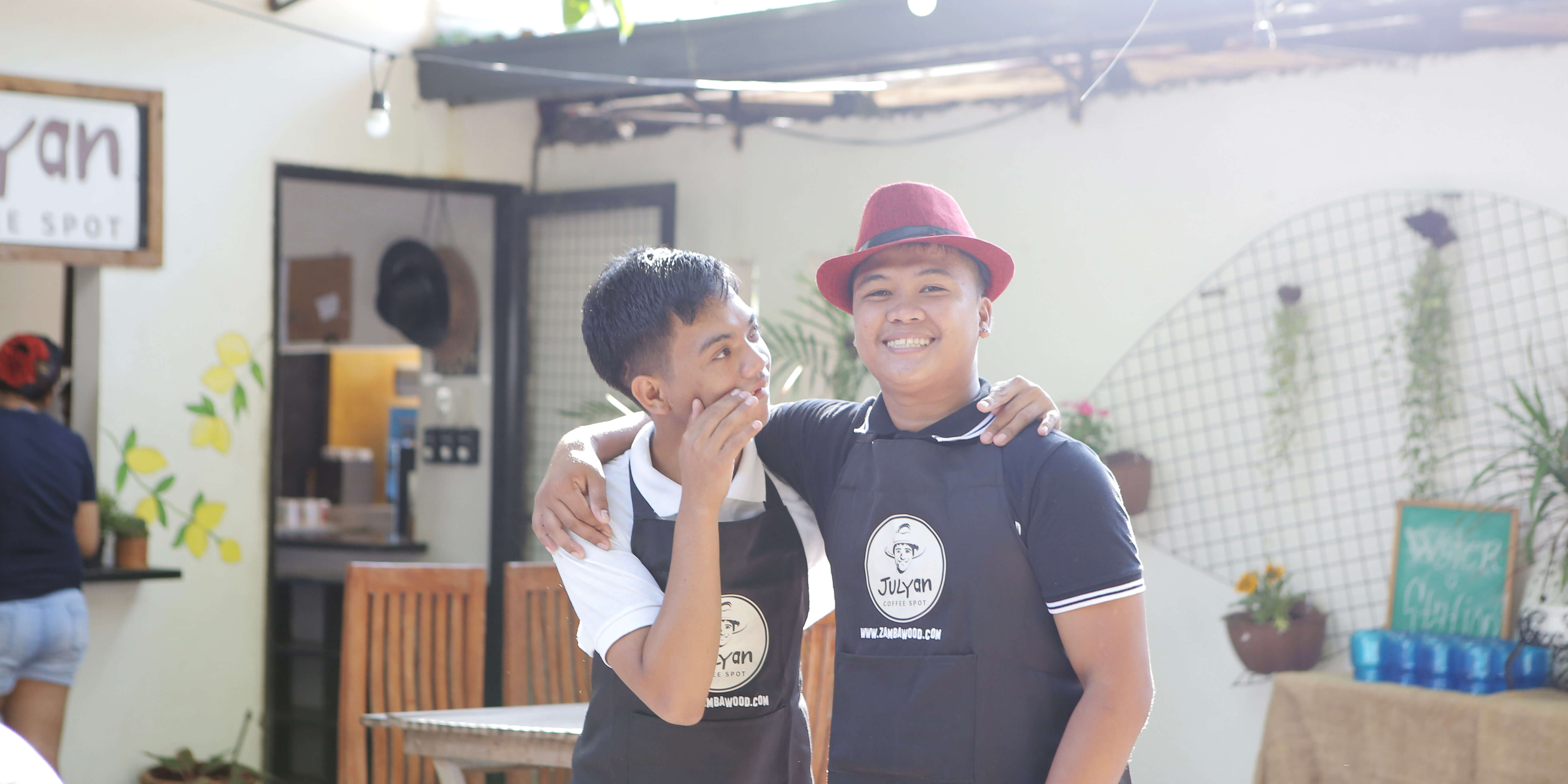
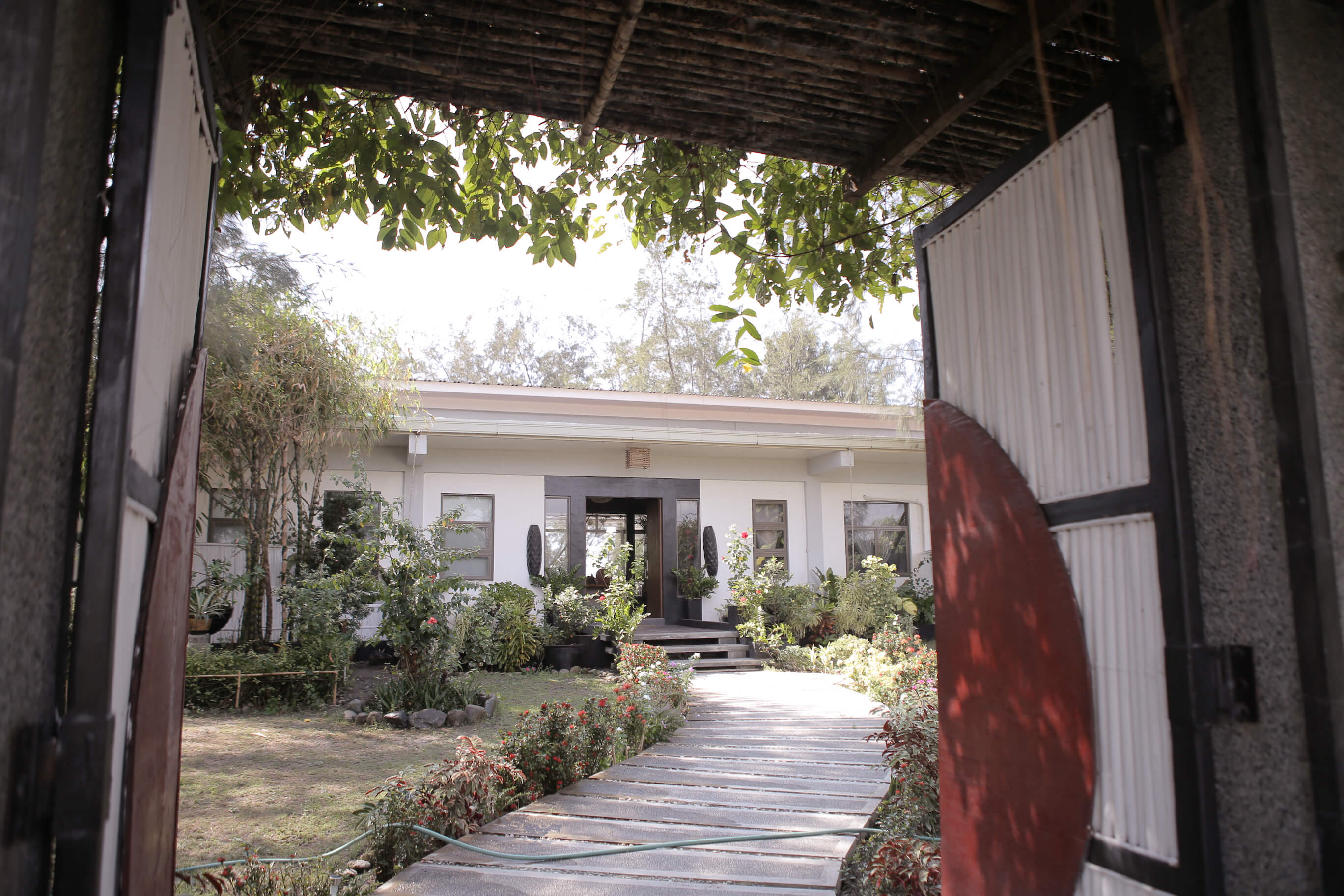
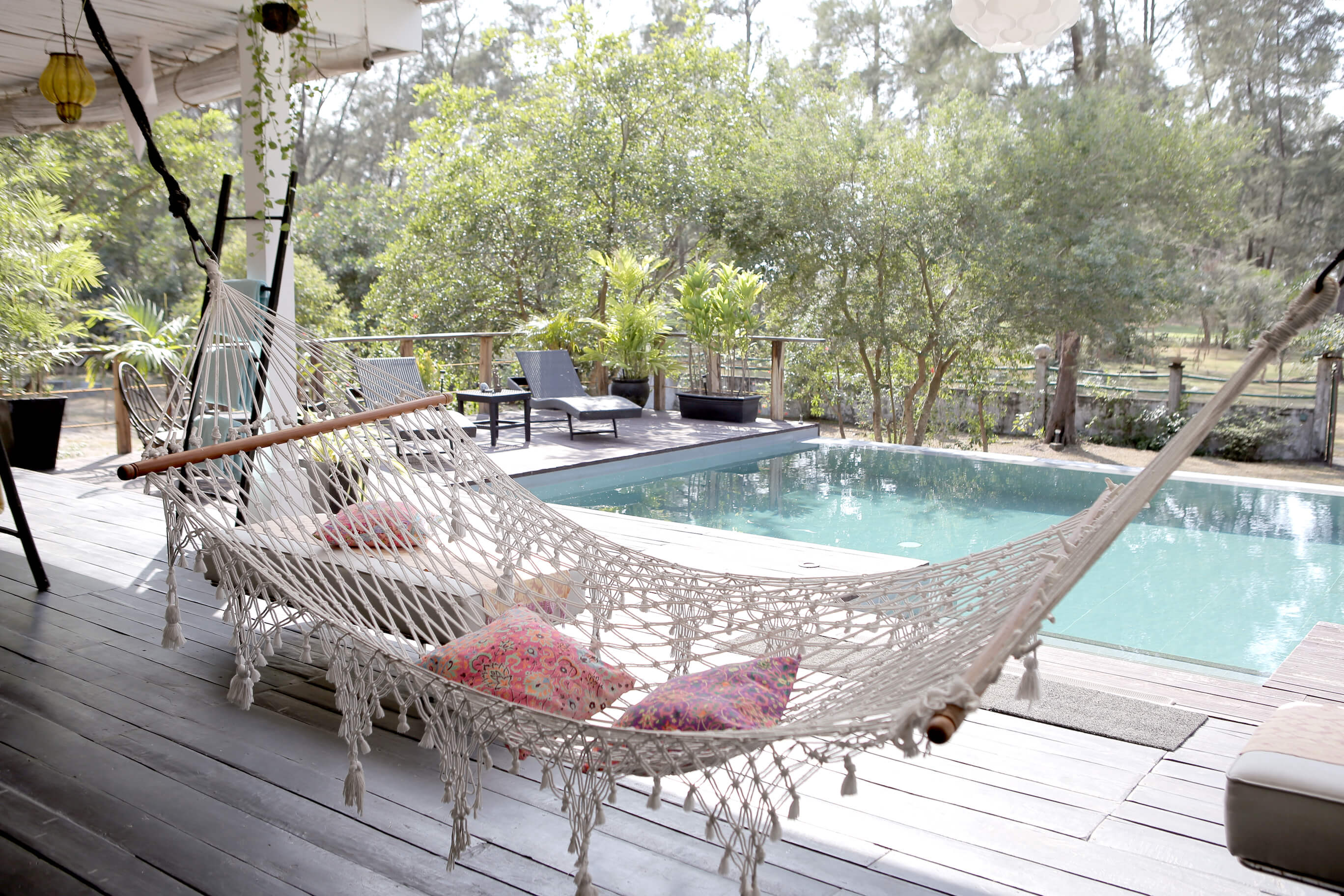
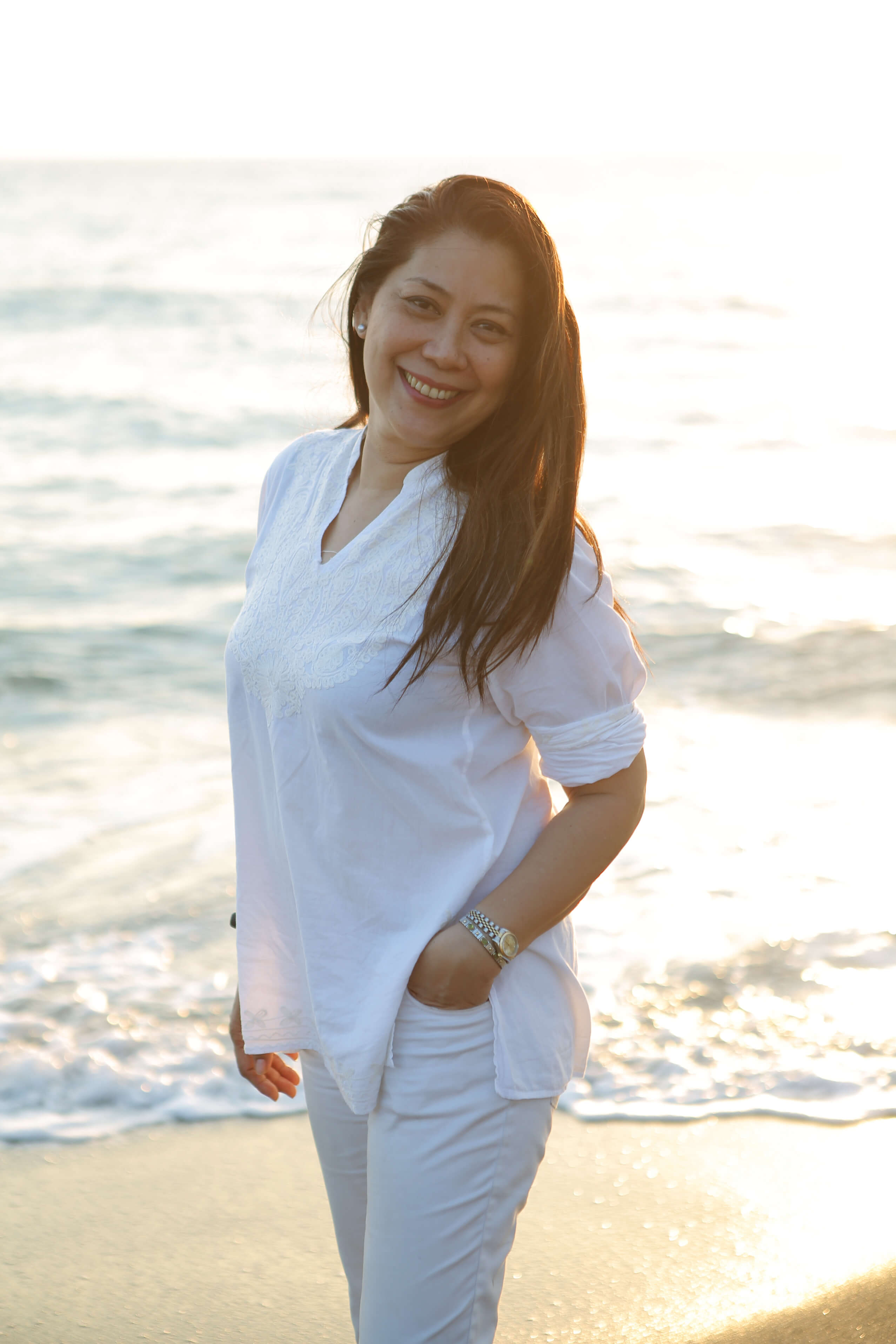
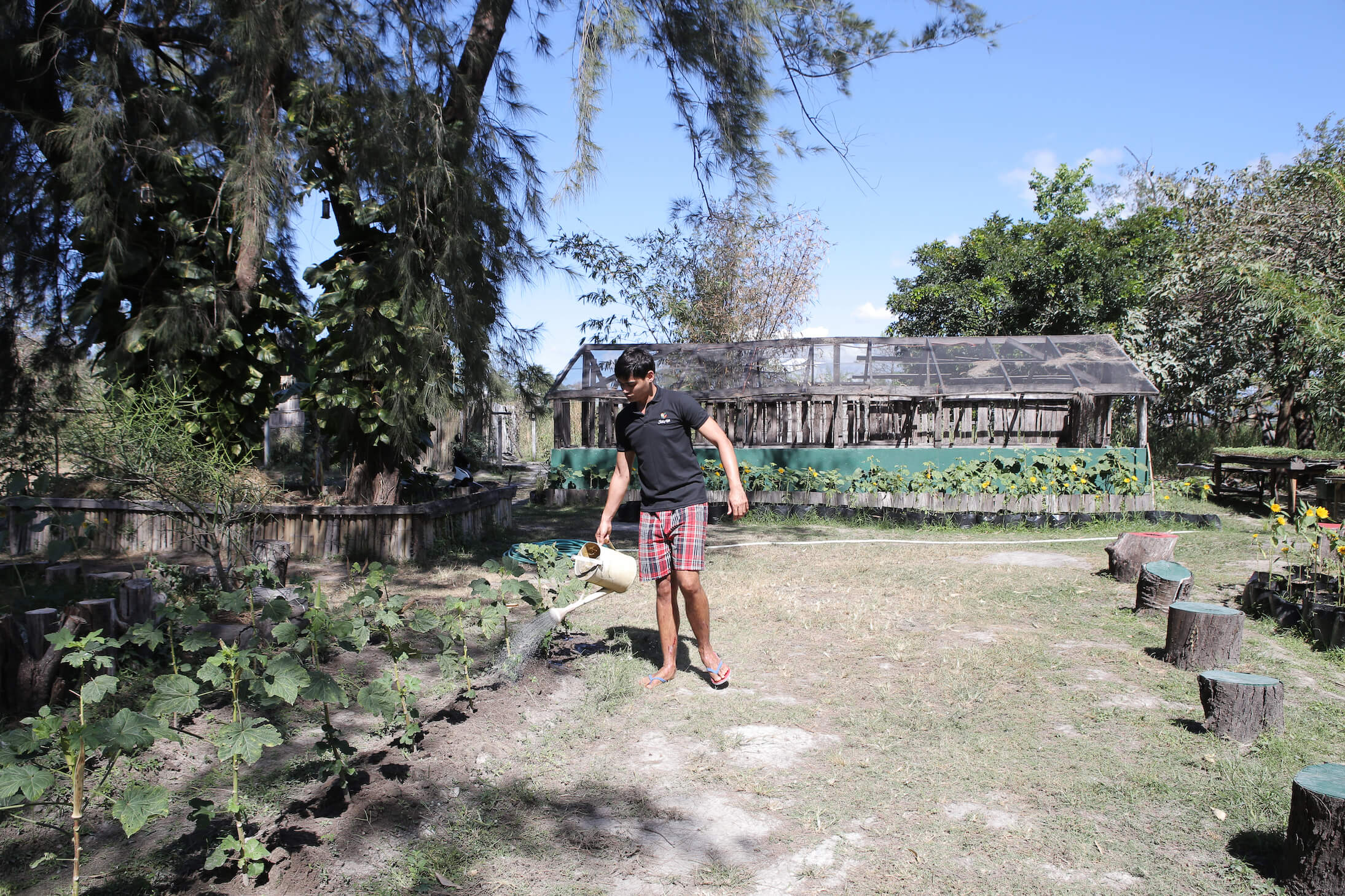
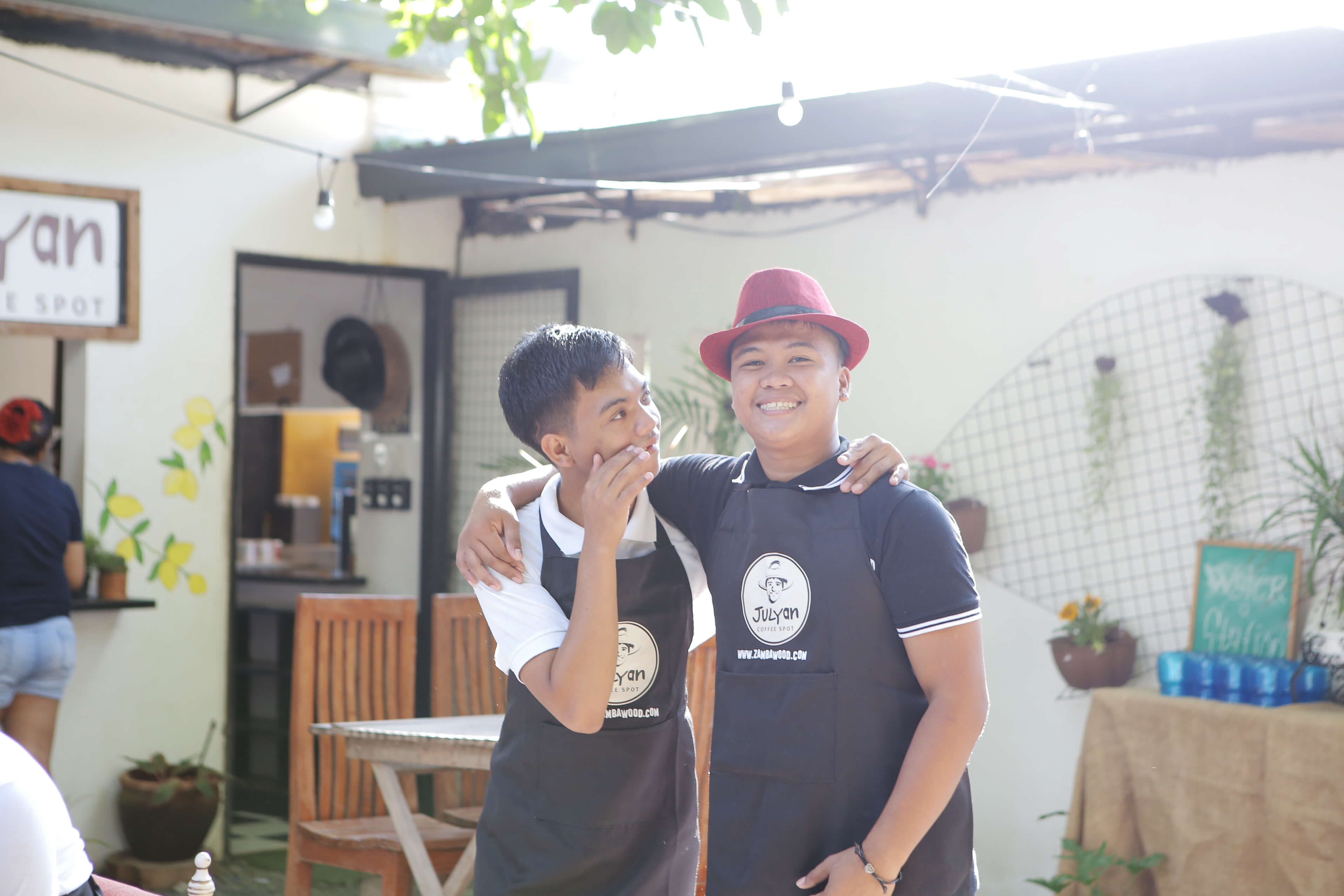
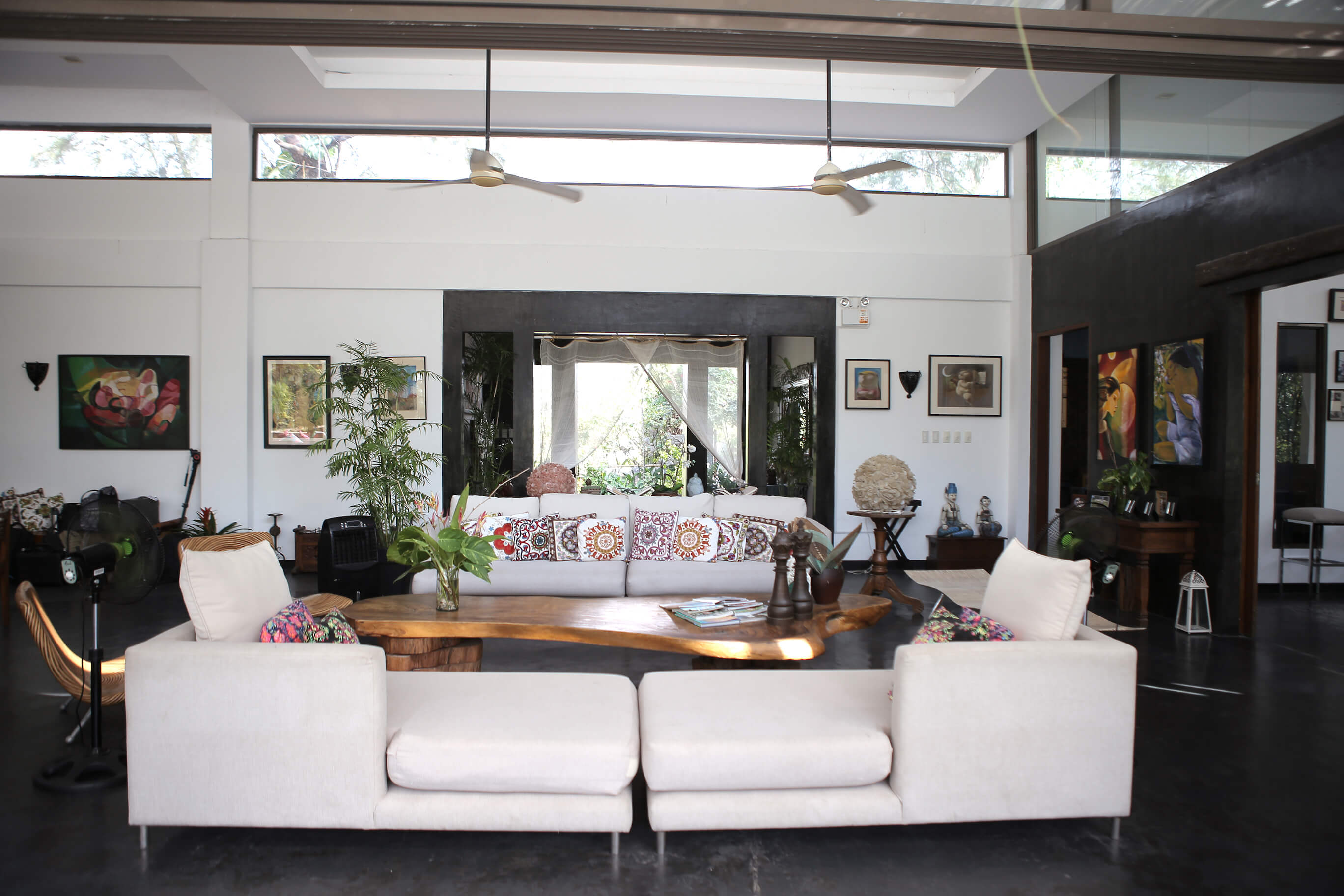
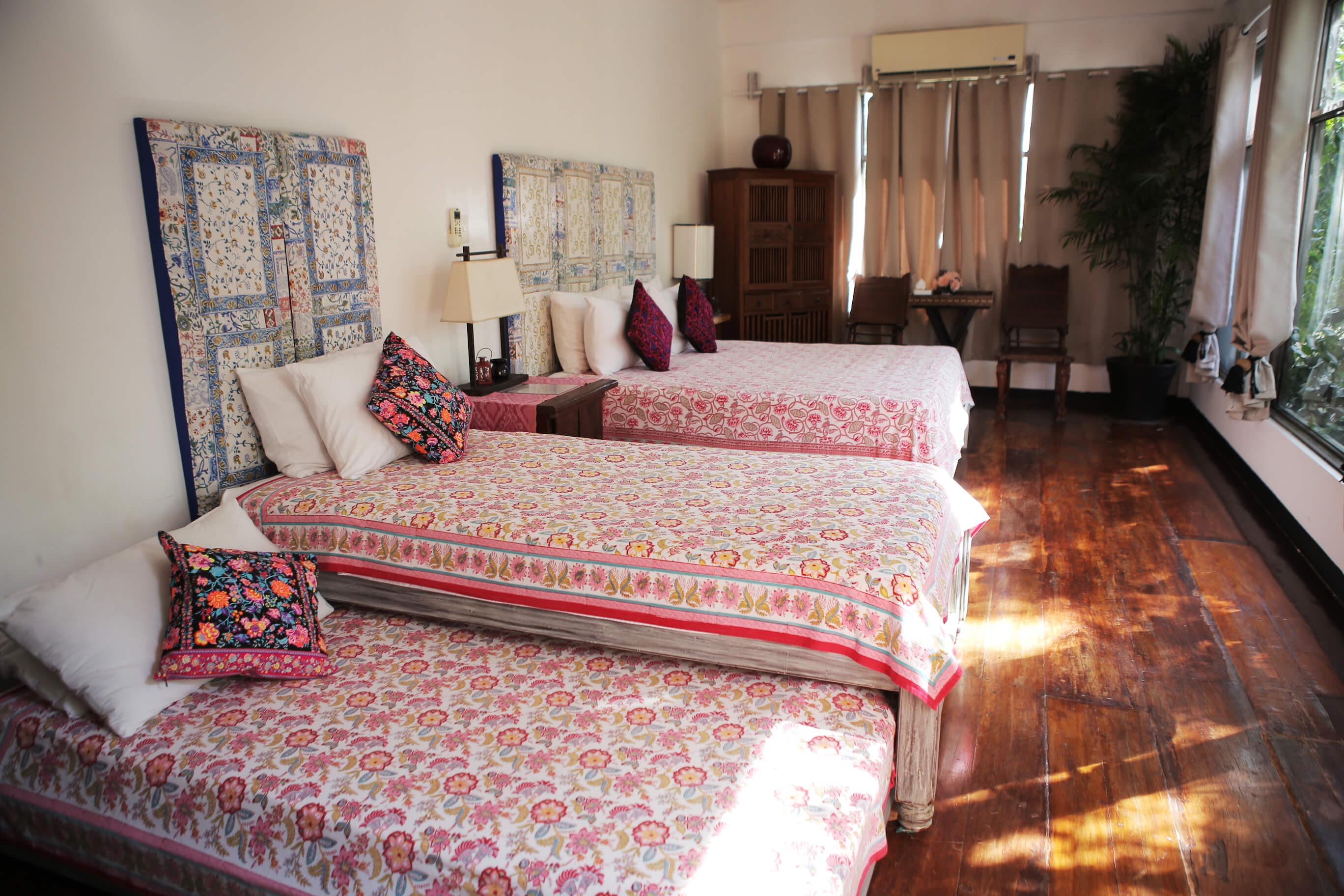
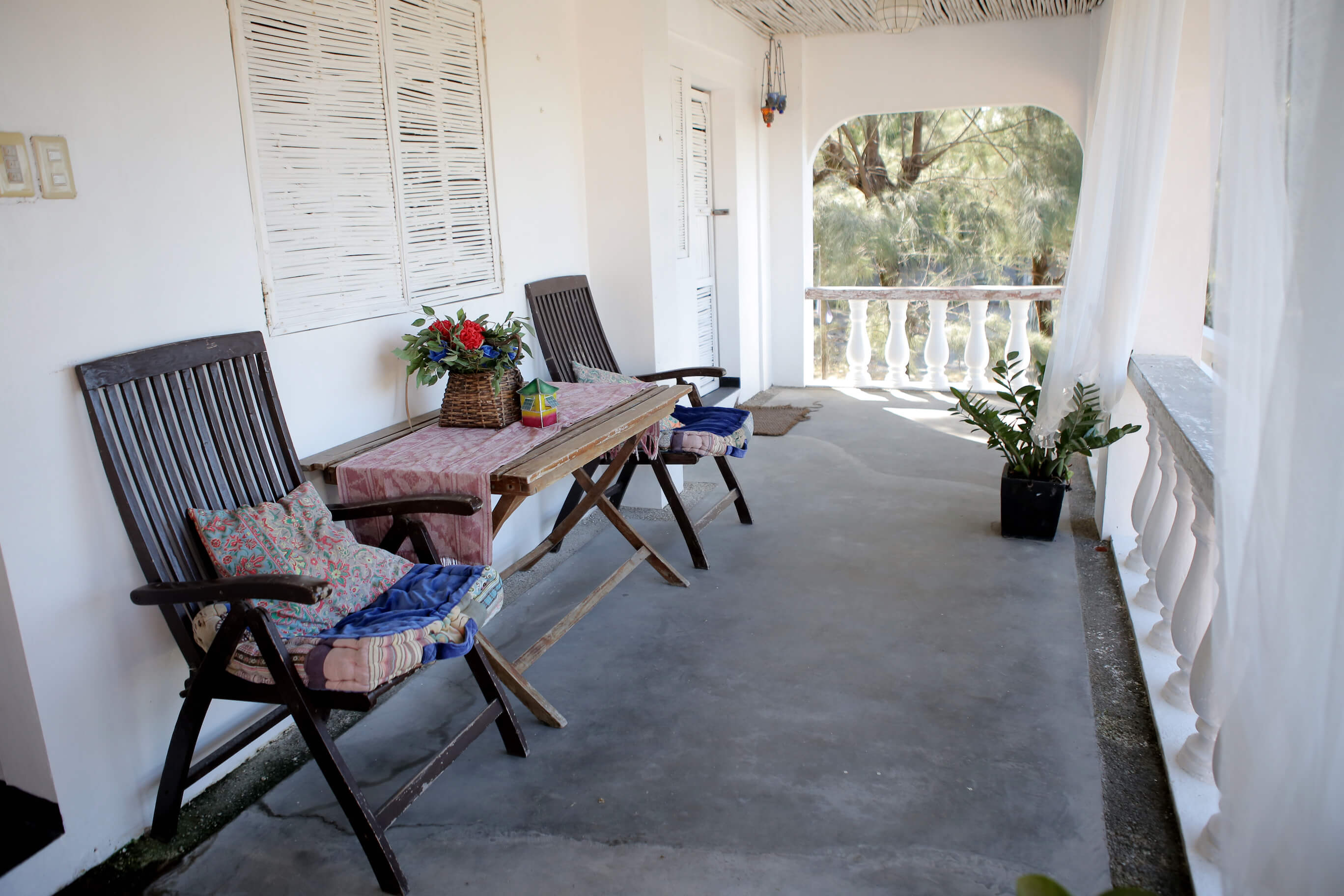
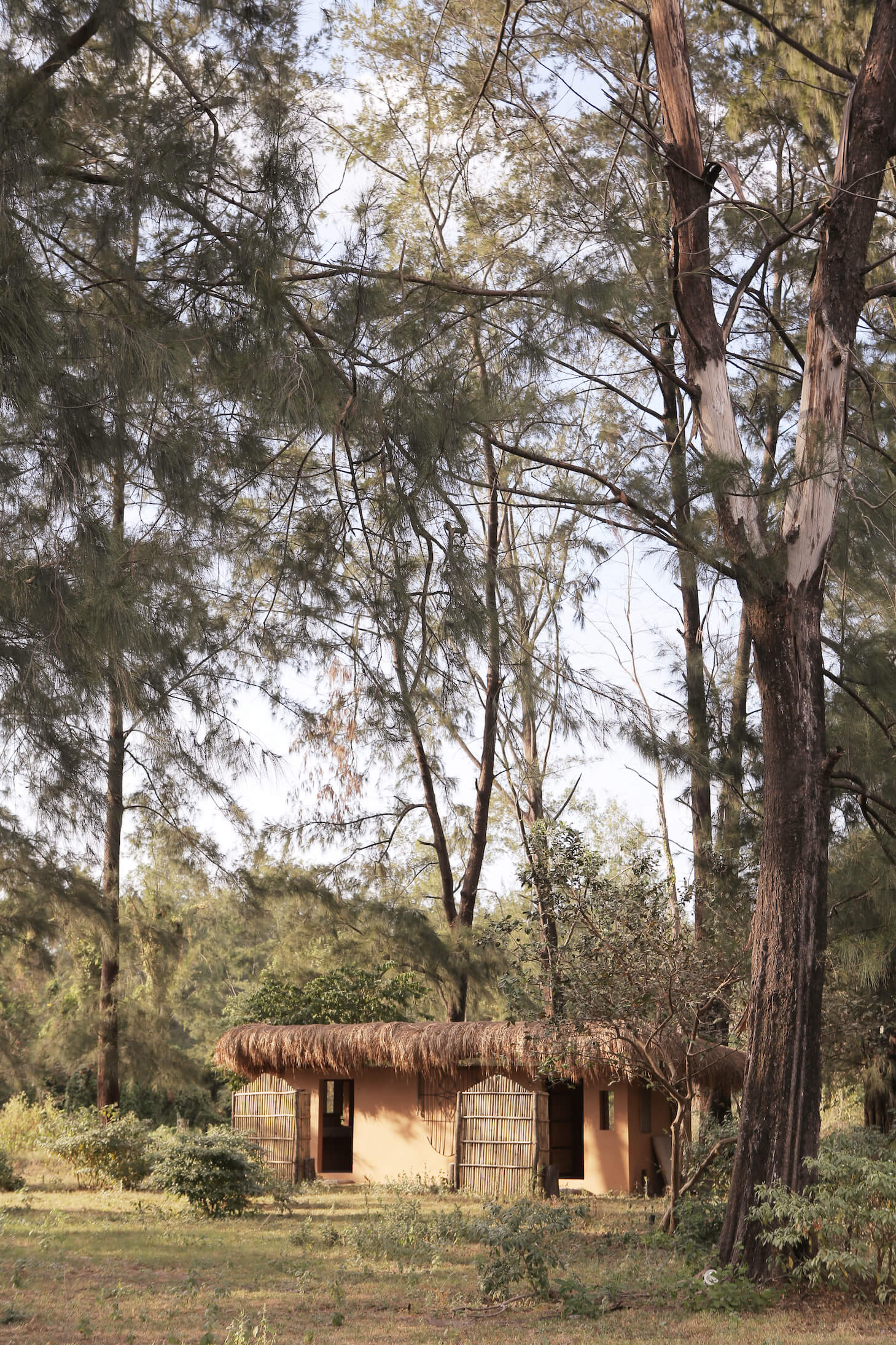
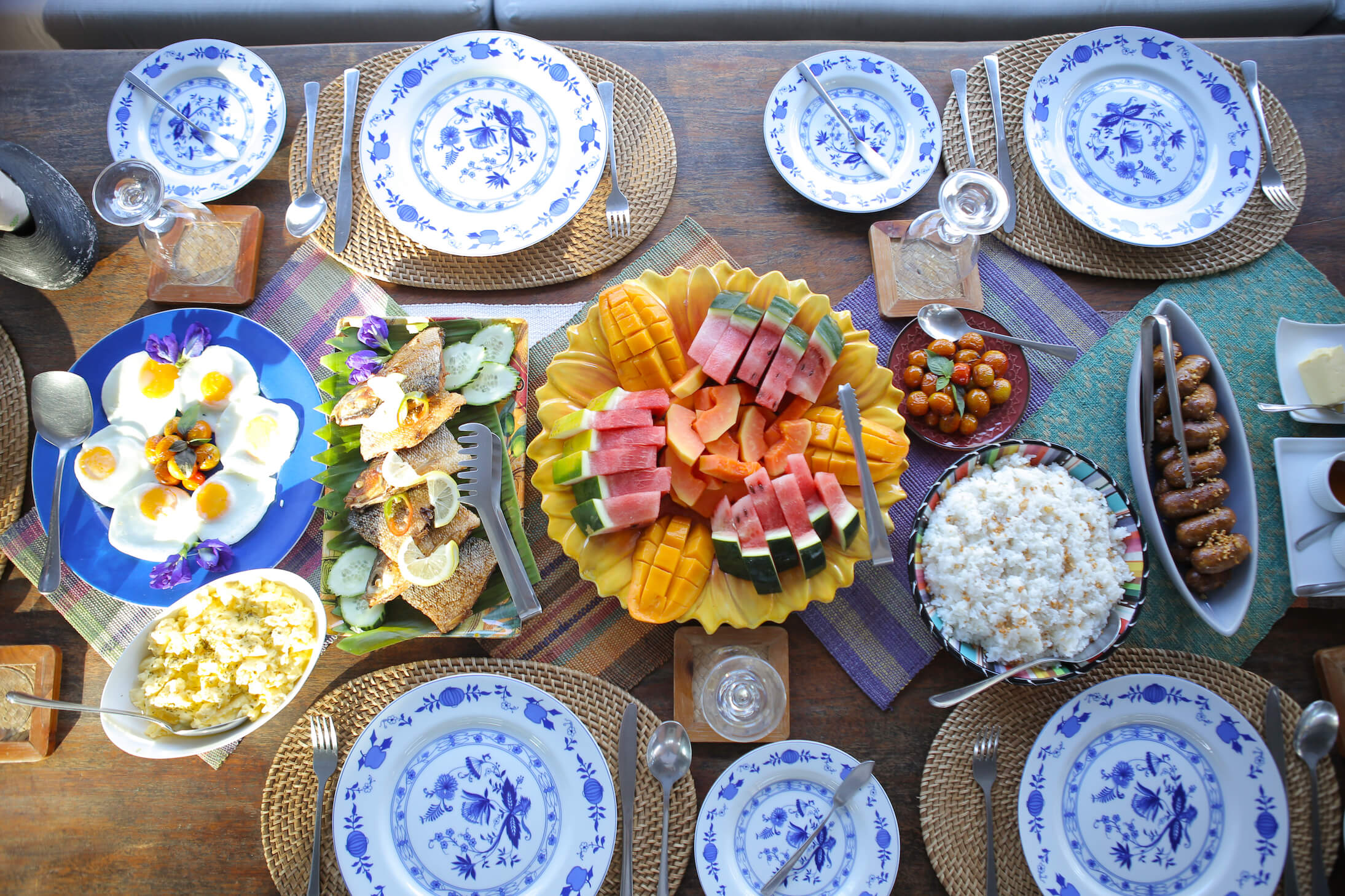
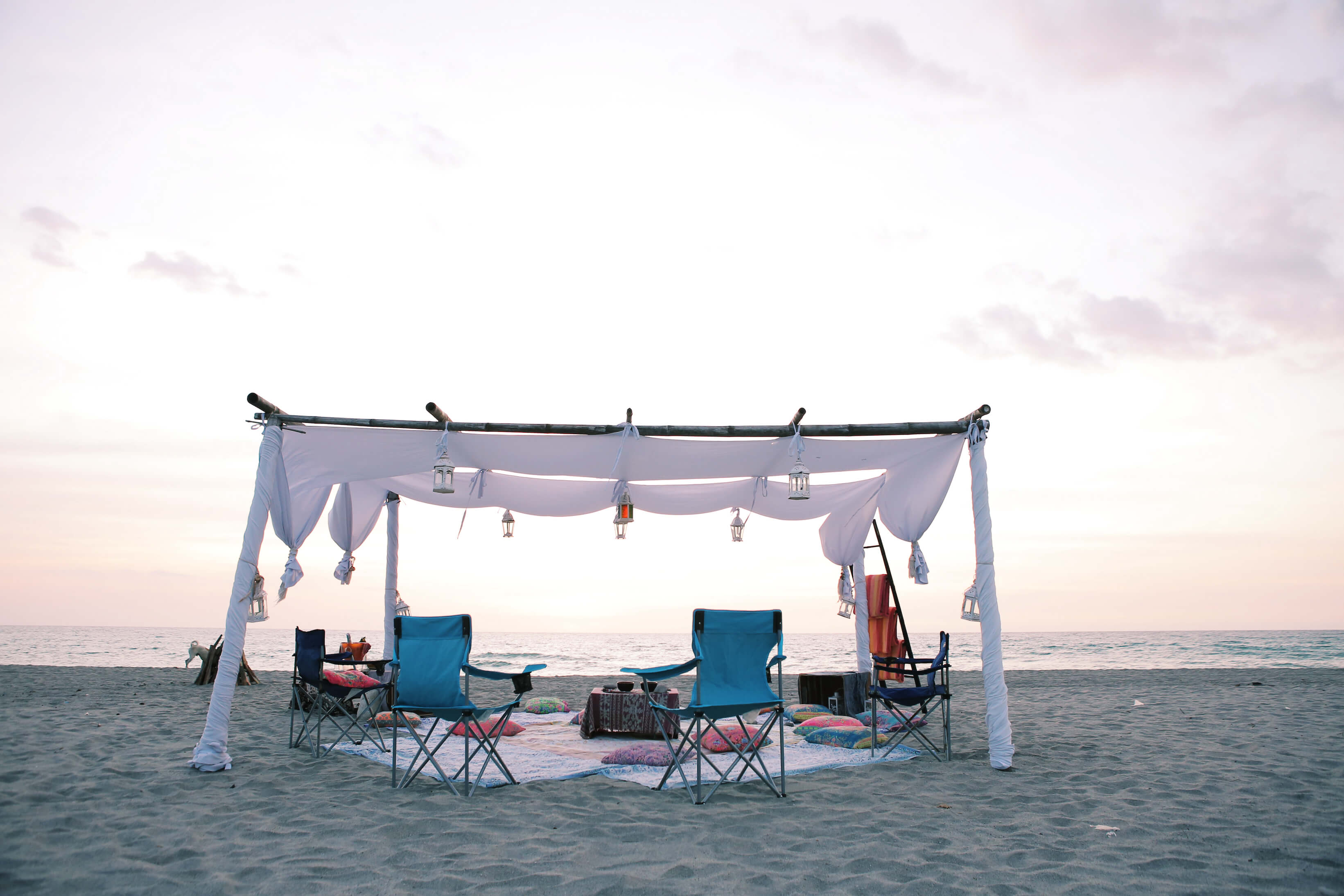
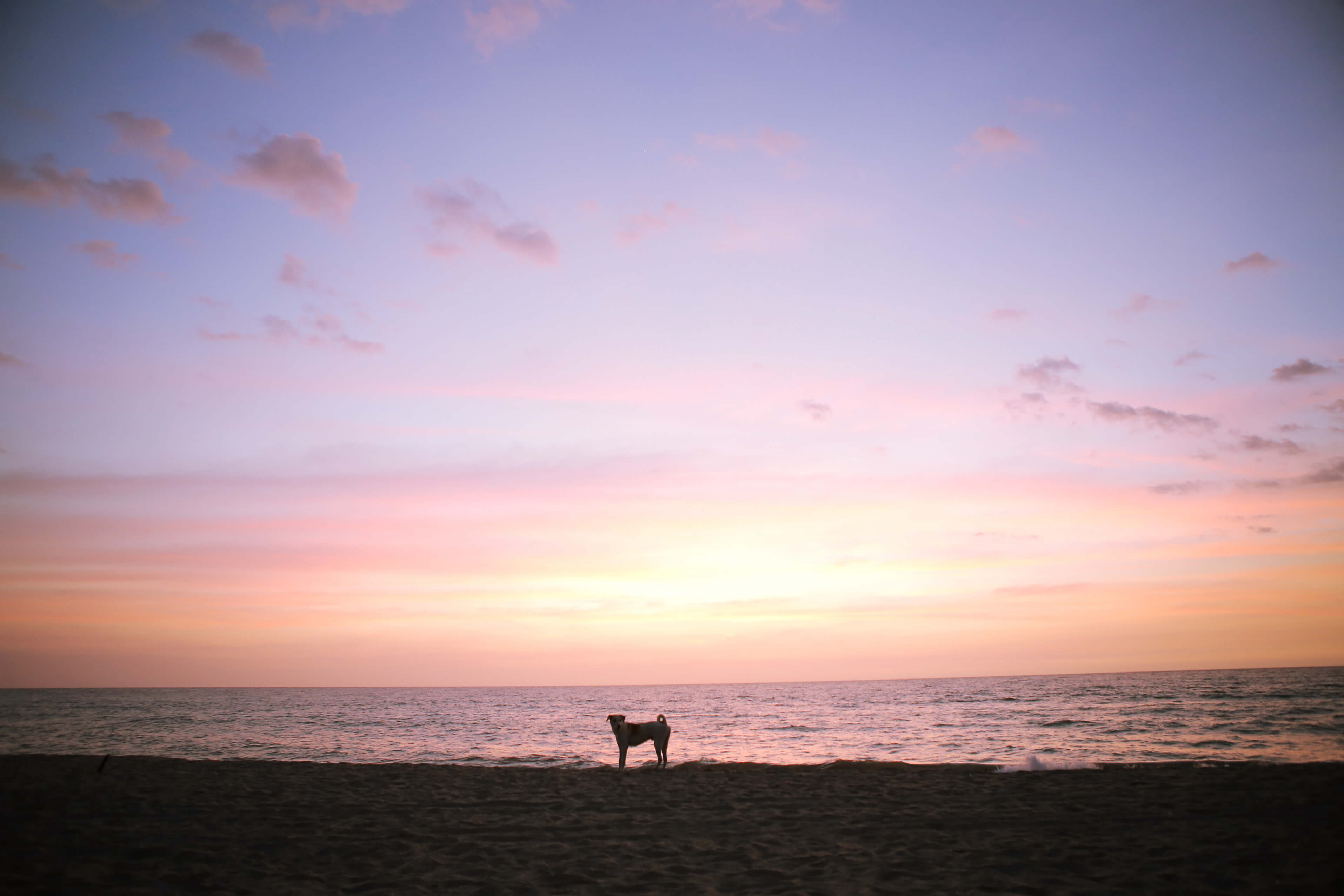
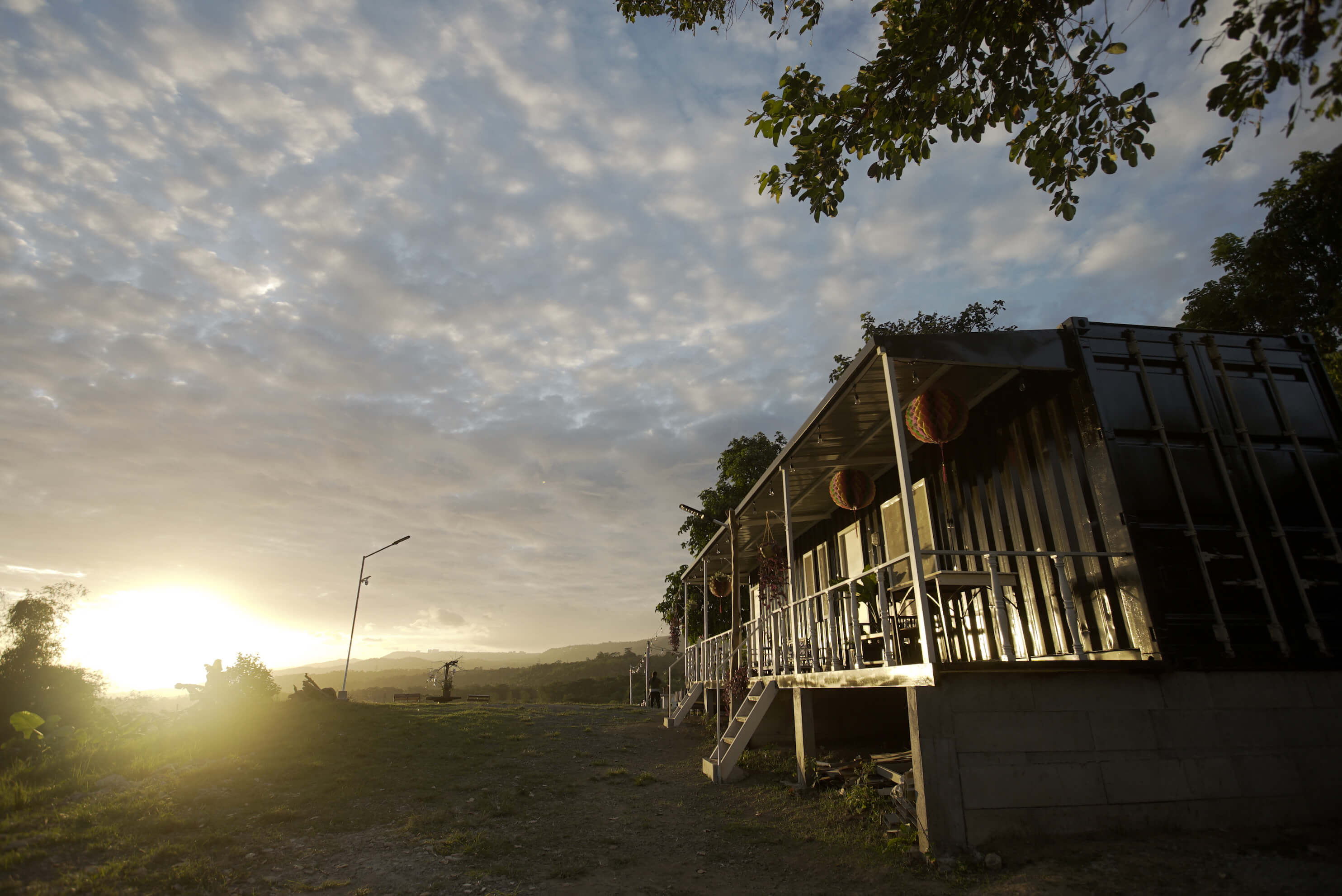
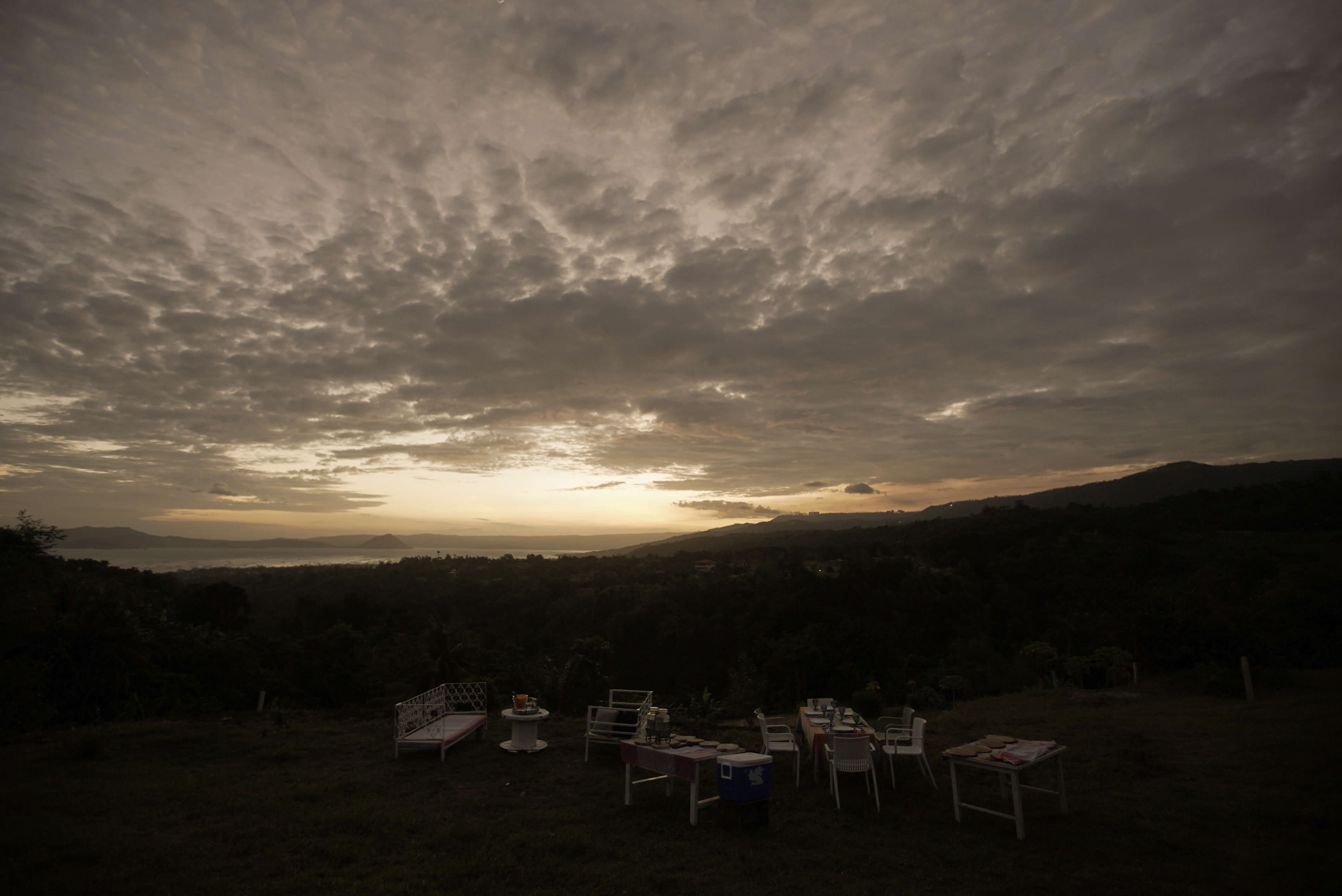
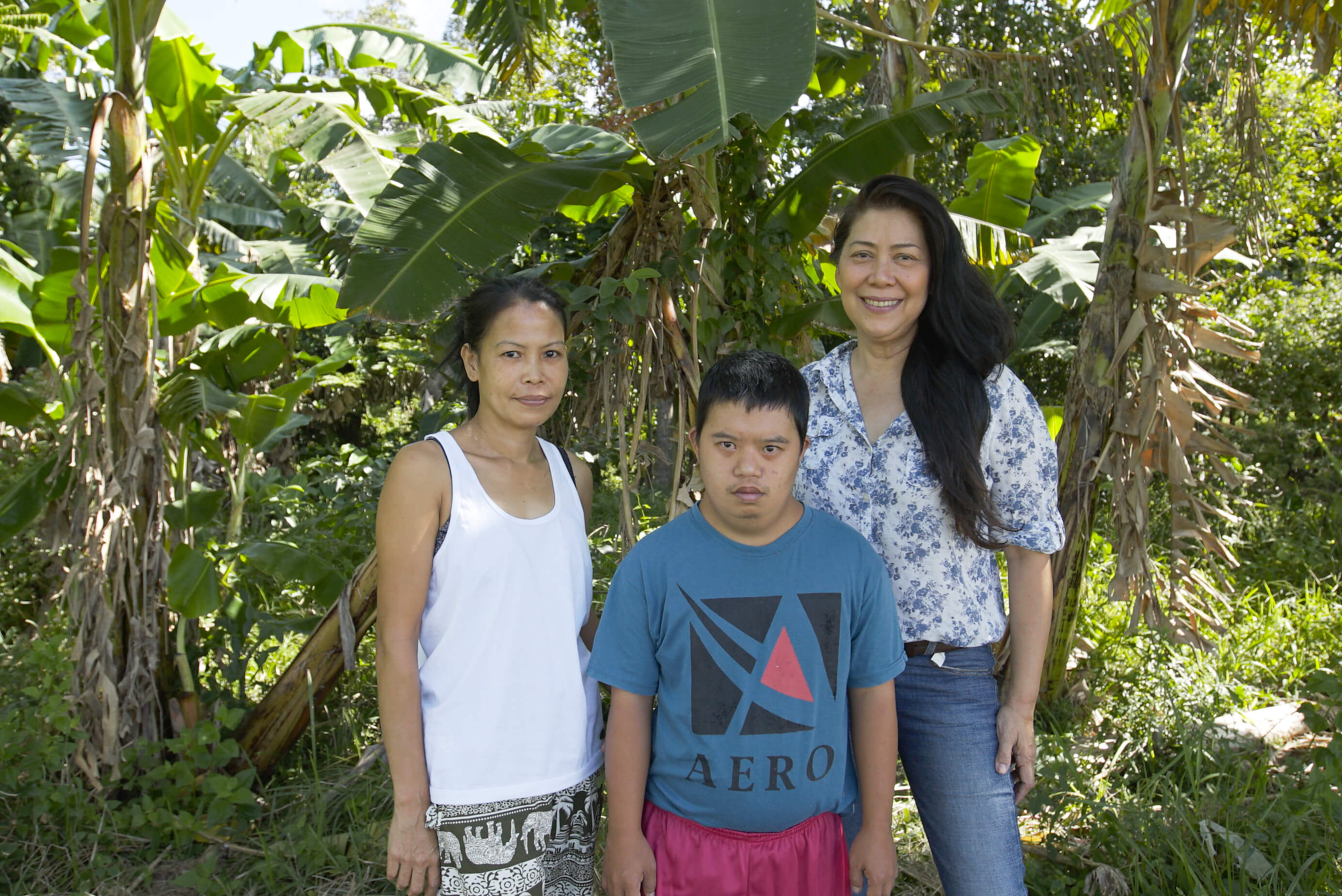
Nestled amid tall pines and lingering sea breezes – a hint of the sweeping beaches that await – Zambawood lulls travellers into utter relaxation almost as soon as they step onto the property.
But if the soft embrace of its breezy-chic villa doesn’t warm your heart, its mission will – the resort is also a training ground for youth with disabilities, where they can socialise and acquire livelihood skills.
The inspiration? The founders’ son Julyan, who will become a familiar sight over your stay, as he works on Zambawood’s organic farm, which supplies the resort’s meals. Diagnosed with autism at age two, Julyan’s transformation after he made Zambawood his home motivated the founders to open the property to more youth.
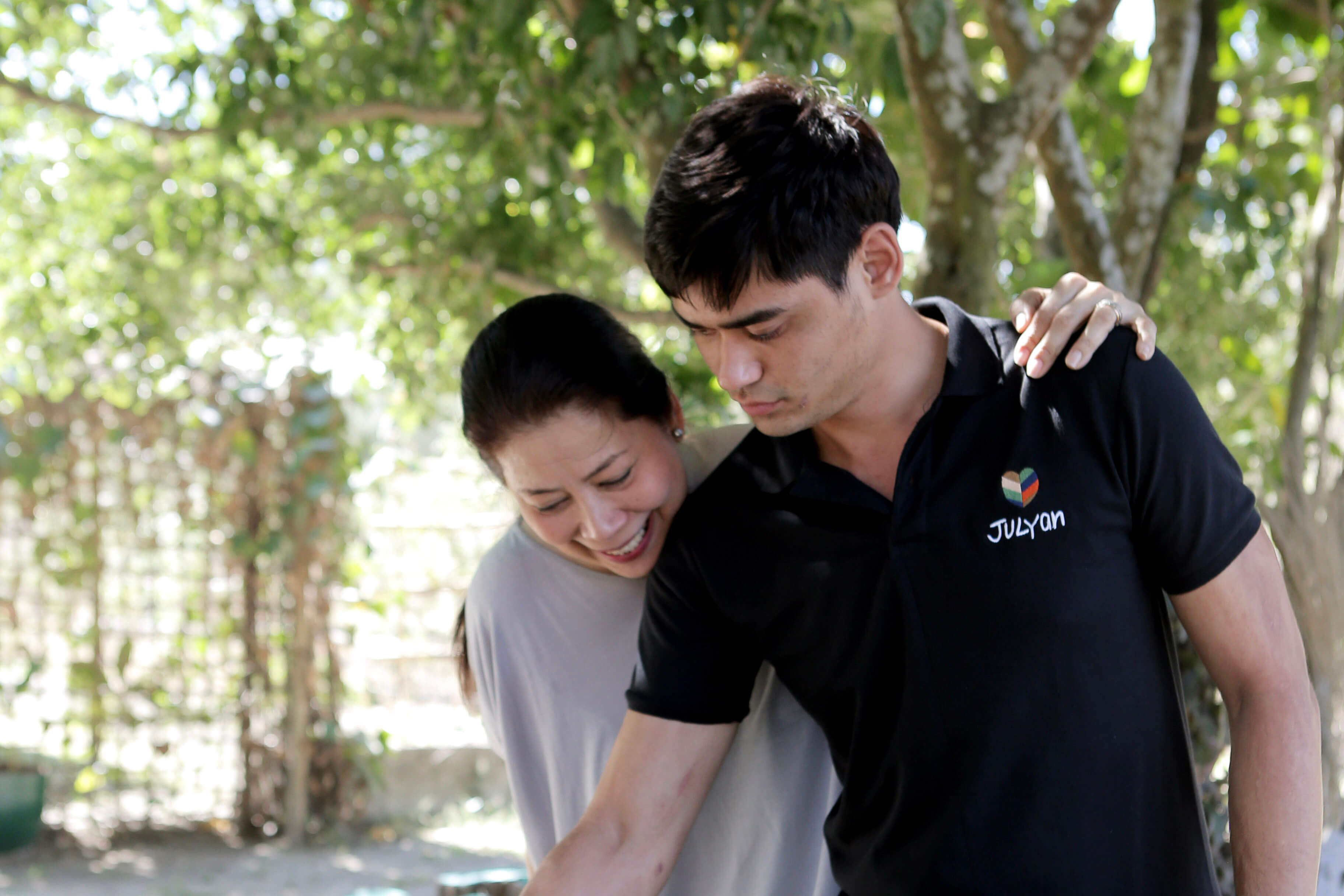
Like many other travel destinations, this slice of paradise-meets-empowerment was hit hard by the COVID-19 pandemic that swept the world in 2020 and 2021, leaving a wake of uncertainty and broken dreams.
Igmedio Jaco Jr recounts how his son John Rex felt when he learnt that he could not go to work at Zambawood’s cafe due to a COVID-19 lockdown. “He kept asking me when he can work again,” he said of John Rex, who has autism.
Yet Zambawood not only prevailed, it has grown. Founder Rachel Harrison has opened a second resort just 90 minutes from Manila: Julyan’s Garden, driven by the same ethos.
A Healing Haven
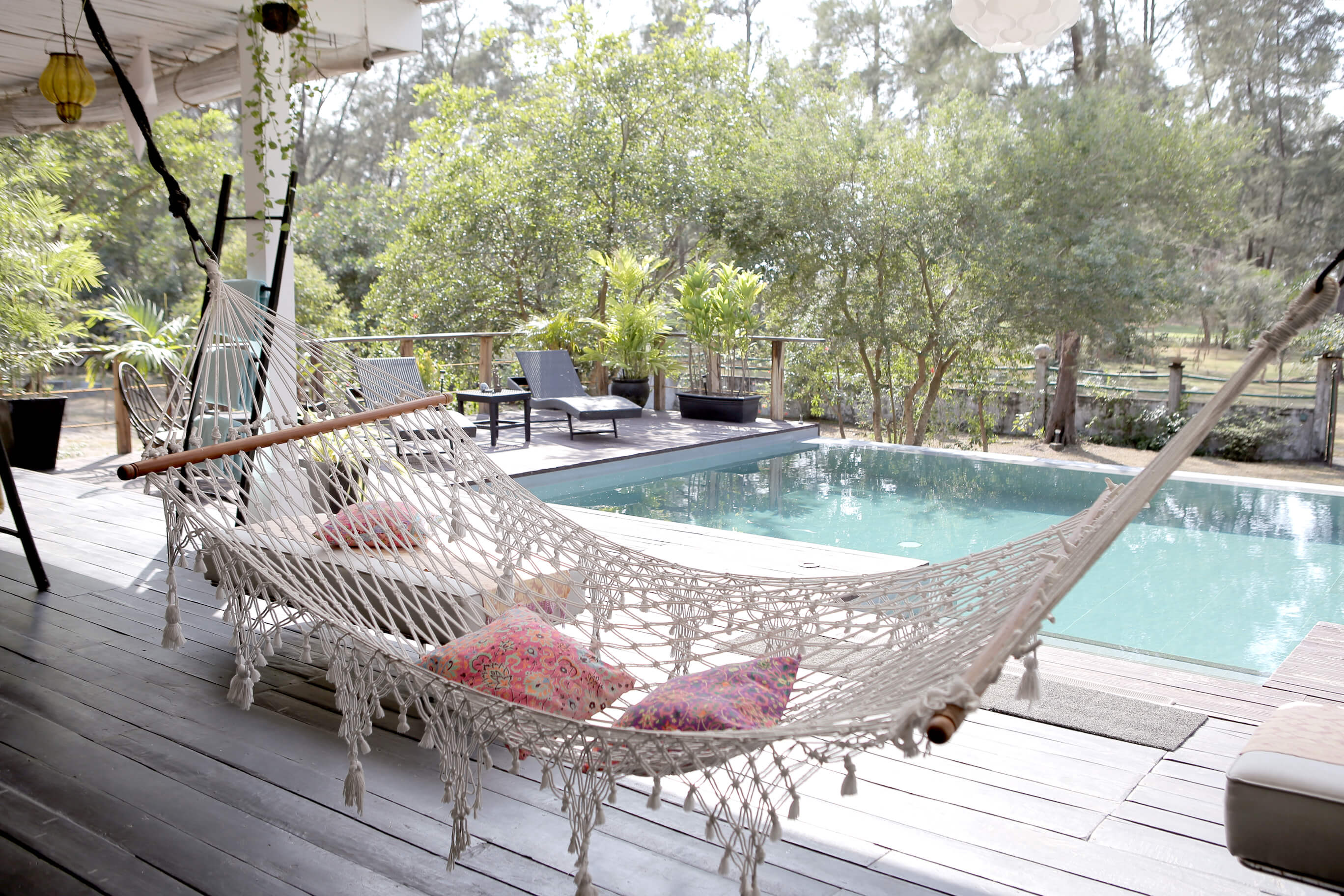
Sitting on the western shores of Luzon, Zambales is about four to five hours by car from Manila, nestled between magnificent mountains to the east and the serenity of the sea in the west.
Zambawood is located in the town of San Narciso, which is known for its beaches and surf spots. Originally the holiday home of Rachel and her family, the property was transformed into a resort after Rachel saw how her son Julyan was thriving on its idyllic grounds and becoming more independent.
Setting foot on the resort feels like coming home from a hectic day, and finding a space that has been lovingly arranged for your comfort and needs. The nearby beach offers a chance to tackle the waves or simply relax on its shores.
On the premises is an organic farm which is open to guests, a field of sunflowers, and a tree nursery where guests can plant seedlings and stay updated on their growth. In the evenings, Zambawood staff can organise a beach bonfire, complete with marshmallows and hotdogs ready for toasting as you take in the sunset.
Since it opened in 2014, the resort has become popular with families, and is a destination for wedding photo shoots and parties. “We want [guests] to feel good through the aura of relaxation,” says Rachel, a former flight attendant who trained as an architect.
With easing travel restrictions in the Philippines, the villa is now open and ready for visitors who wish to spend quality time with Zambawood’s signature warmth, good food, and relaxation fit for the physically and mentally tired.
Healing Through Sharing
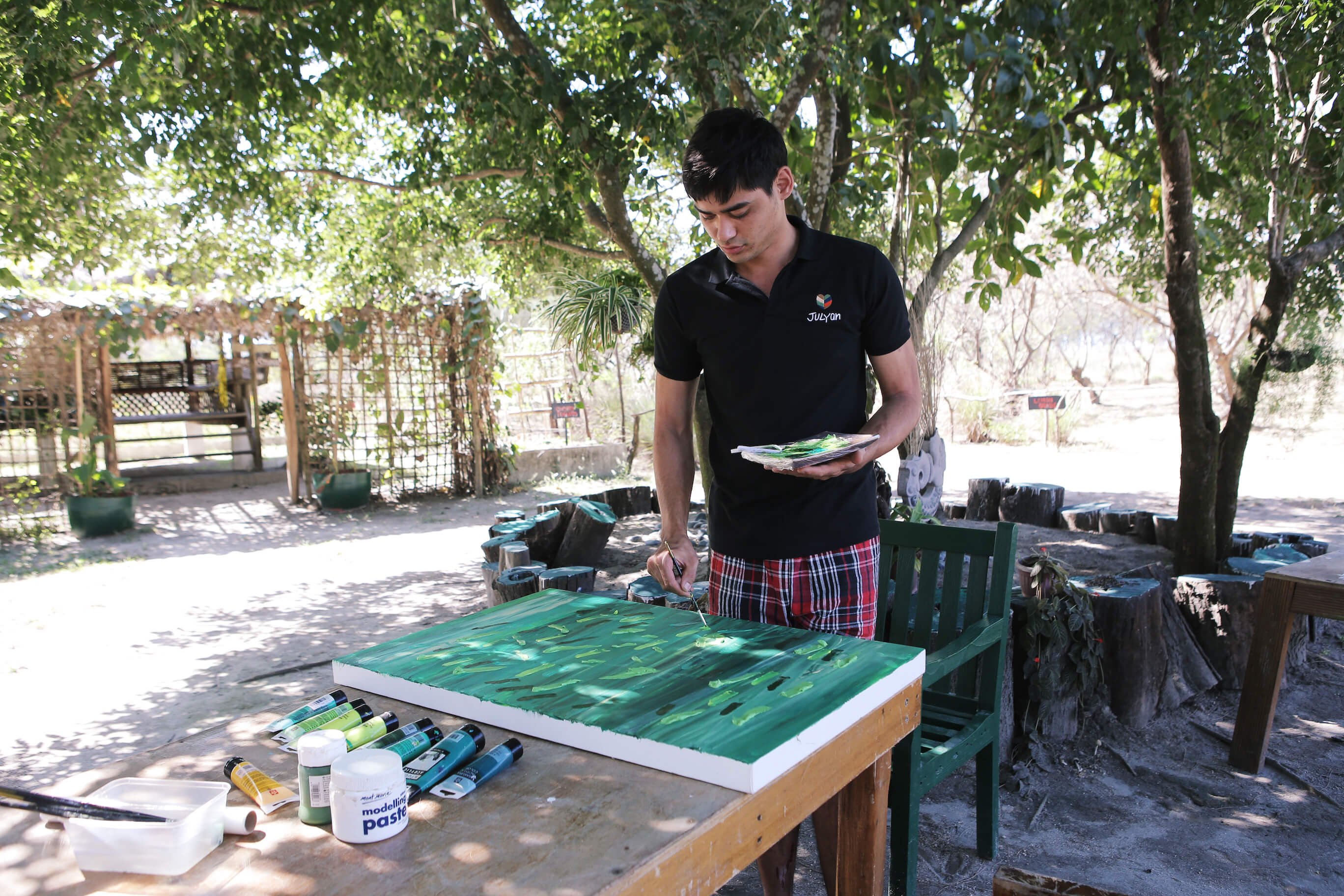
An “aura of relaxation” was also what Rachel and her husband Keith sought for Julyan when they first bought the property. When Julyan was diagnosed, “it was as if our world stopped,” recalls Rachel.
Researching various methodologies to help Julyan, Rachel learnt about the positive effects of nature on people living with autism. This prompted the Harrisons to move to Zambales – to remarkable effect.
Before moving to Zambawood, Julyan had a temper and found it challenging to take instructions and do household chores, notes Rachel.
With the setting up of a farm on the property, Julyan was able to channel his energies to tending the farm, growing flowers, vegetables and fruits. He also became an avid painter, finding a new way to express himself by mixing colours and creating works of art, which soon filled the villa.
Encouraged by Julyan, the Harrisons decided to do more. Partnering local organisations in Zambales, the resort hosted on-the-job training programmes for youth. Behavioural therapists and instructors taught barista skills, arts and crafts, and skills in housekeeping, cooking and baking.
As soon as a student acquires the required skills and hours of training, Zambawood and its cafe, Julyan’s Coffee Spot, match the trainee with part-time jobs with the villa, the cafe or at partner establishments.
The pandemic put a stop to the training, and the resort and cafe closed in 2020. When at last a soft opening was held at Zambawood in 2021, the trainees were given rotating shifts to provide income and motivation. “It was very difficult telling them that they cannot report to work,” Jennifer Uy, the cafe’s manager shares.
Even as quarantine guidelines changed nearly monthly, baffling guests and staff alike, they held on. When dining in was not allowed, the staff switched to food delivery. “God will provide because we are helping,” Jennifer adds.
Among the returning staff is John Rex, 27. According to his father, Igmedio Jr, John Rex has the mental capacity of a seven-year old, but this has not hindered his ability to deliver good service to the table.
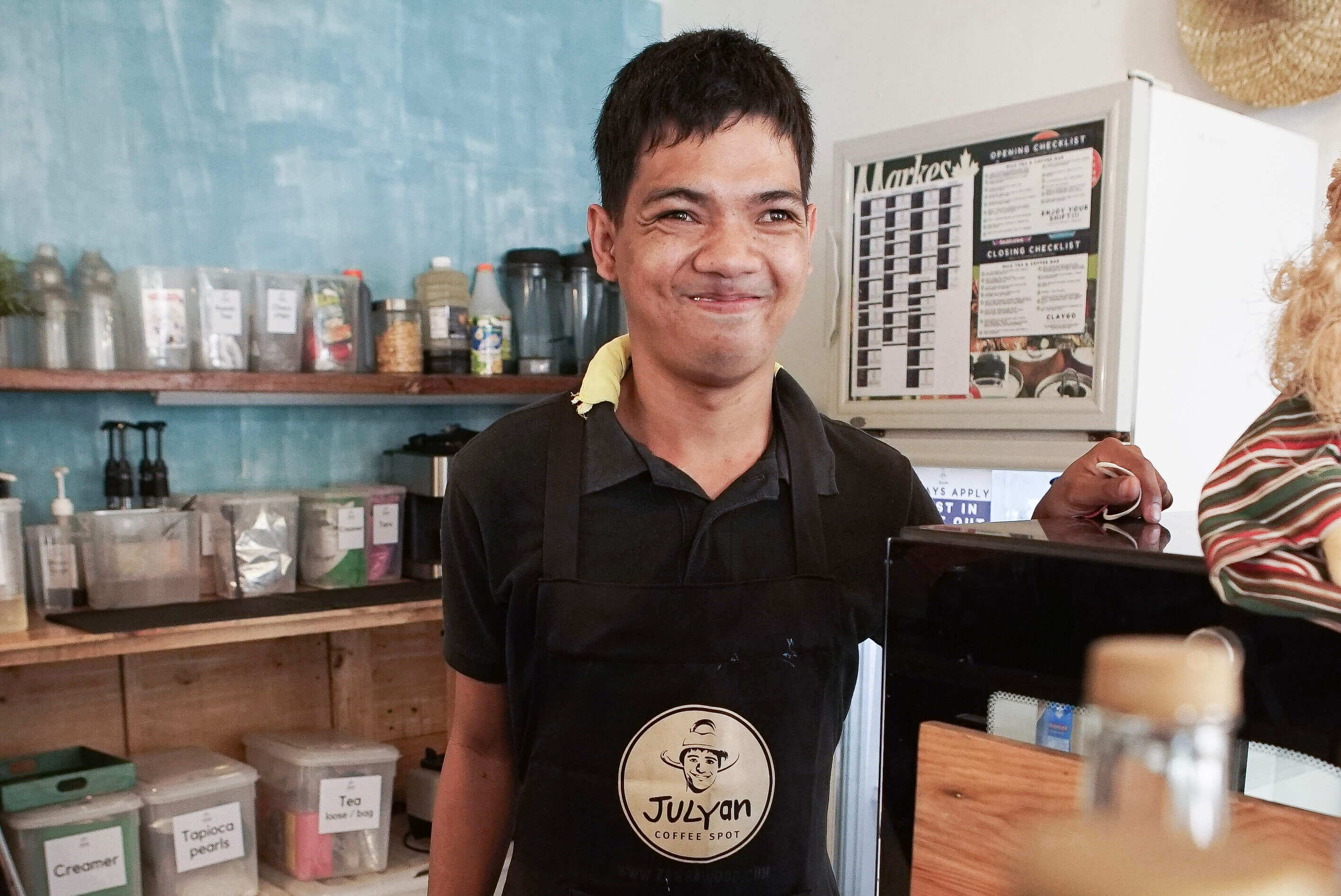
When he was asked to return, John Rex couldn’t contain his excitement. “He had his uniform prepared days before his schedule,” Igmedio shares. “He was really dedicated and he loves doing his housekeeping tasks there.”
At Zambawood, John Rex sweeps, washes the dishes and waters the plants. When he is assigned in front of the house at the coffee spot, his big smile greets every customer as he sets the table and serves the meals.
Healing Through Growth
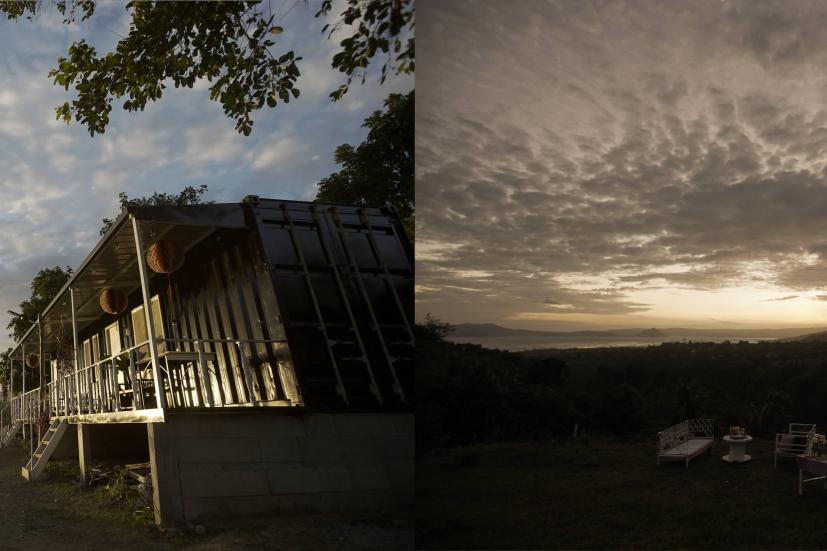
With Julyan’s Garden just 90 minutes by car from Metro Manila, the same healing and soul-refreshing wonders of Zambawood can now be experienced sans the long travel.
If Zambawood flaunts the sea, Julyan’s Garden boasts the mountains. At sunset, the Taal volcano and surrounding mountains glow, and the light changes as the staff sets up the best outdoor dining experience. Feast blissfully as you watch the parting sun, followed by the moon and numerous stars as you enjoy a glass of wine or hot coffee to ward off the cold breeze.
Healing and wellness through food is also a key feature, with a partnership with vegan restaurant Studio PlantMaed by Chef Mylene Vinluan Dolonius. Ingredients are harvested from the garden, prepared in front of guests and served with the same artistry and gusto as at Zambawood.
Instead of a villa, guests stay in artistically customised container units with all the creature comforts like air-conditioning. More adventurous guests can camp — staff will set up tents and bonfires while guests take in the stars.
As with Zambawood, Rachel remains intent on her mission to support the employment of people with disabilities. Among the trainees at Julyan’s Garden is Aguinaldo, fondly called Ging-ging, who is 28 years old and has Down syndrome.
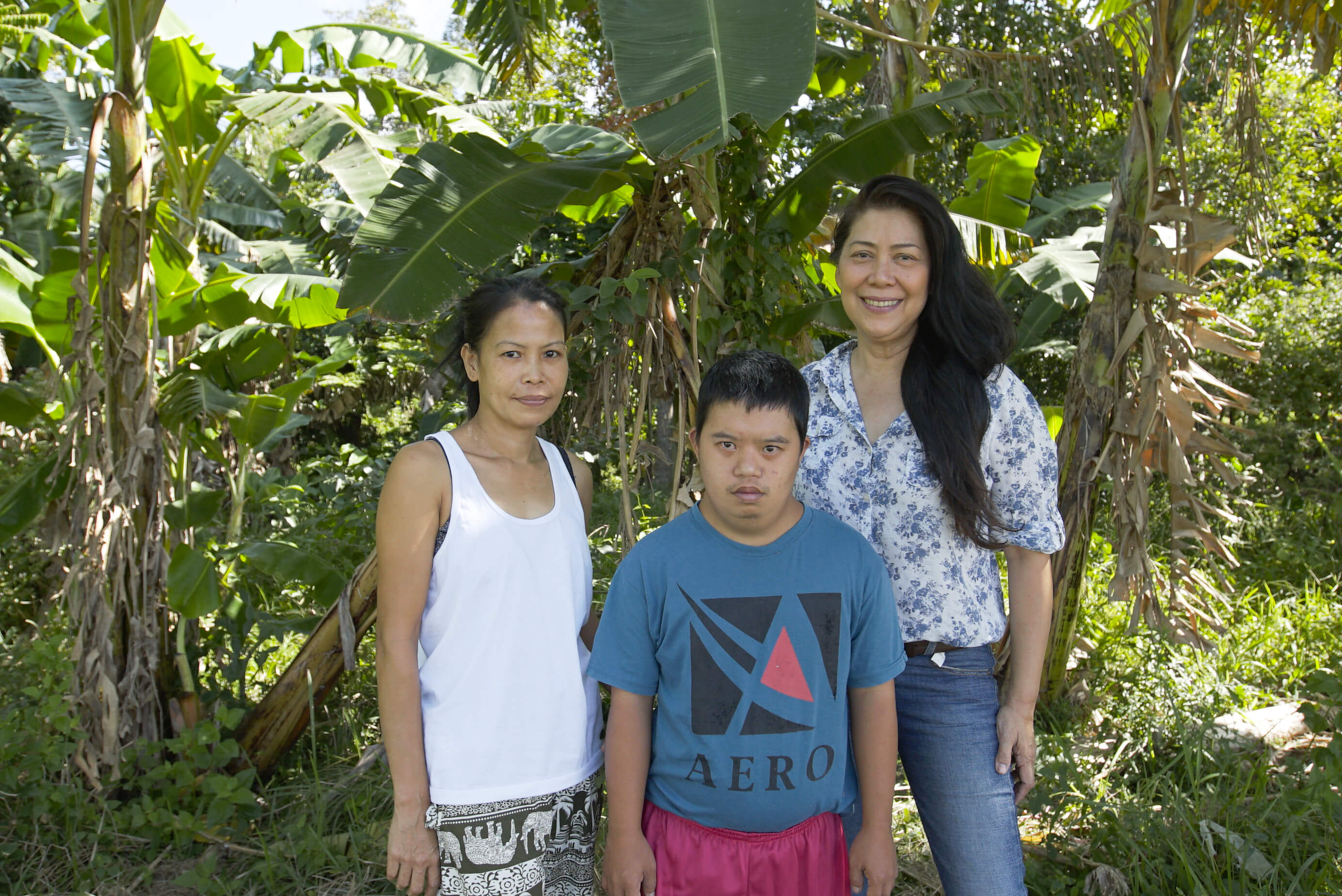
When asked what he wanted to do at the resort, Ging-ging said he wanted to farm, adding that he also enjoys doing household chores.
“Opportunities like this are important to us and most especially to Ging-ging. We want him to be exposed to such training so we know what his skills are,” says Irene, Ging-ging’s sister.
Ging-ging is also proud that he is not a burden to their family. He knows he is helping their family through the earnings he gets from selling cleaning materials, and soon, from his work at Julyan’s Garden. “I am happy because I can help my mother to buy rice for us to eat,” he shares.
Healing Through Purpose
Going from supporting Julyan to supporting other people with disabilities on a sustained level has been a challenge for Rachel, but she is determined: “You just need to find your passion, something that motivates you to go on and do it all again.”
Her dream, she says, is to leave her son and her extended Zambawood family with a legacy that will always make them feel “loved, accepted, and empowered”.
Zambawood has also partnered with artists to create awareness of their trainees’ talents, and some of the paintings by Julyan and other trainees have been sold, with the proceeds going back to Zambawood and Julyan’s Garden’s advocacy work.
The more people interact with persons with disabilities, the more they will understand them, creating more opportunities for them, believes Rachel.
The closures may have set back the mission but Rachel has responded with innovative ways to keep the enterprise afloat: selling plants sourced from Bulacan, loam soil, fruits and vegetables from the north and recently, bringing sunflowers from Zambales to Manila. “You just need to do it, you cannot give up because no one else will do this for them,” says Rachel.
“The pandemic taught me that I can do more, I can love more and I can surpass more. It taught me that I am really blessed. I am grateful that I didn’t lose hope.”
Rachel Harrison Founder, Zambawood
Zambawood is a social enterprise. From relaxing at the resort, to visiting the farm and harvesting the produce, to enjoying a coffee at its cafe, you are supporting a platform that gives youth with disabilities a chance to grow their skills.
With the Philippines easing its travel restrictions, both resorts are ready to welcome tourists and employ and re-employ people with disabilities.
Its training programme is for youth aged 18 and above who have medical clearance to work, and the duration varies — a barista programme by government agency TESDA for example, is 178 hours. The trainees graduate with a licence that certifies that they are fit and trained to work. As of March 2022, Julyan’s Coffee Spot has rehired two of the trainees, while there are three trainees awaiting assignment at Julyan’s Garden. Rachel is in constant communication with TESDA and nearby schools for possible partnerships to train more youth.
Before the pandemic, corporate establishments such as GLOBE Telecom’s office in Makati opened their doors to Zambawood’s deaf trainees, who ran pop-up coffee kiosks on their premises. Zambawood hopes to see more corporate partnerships return as the pandemic eases.
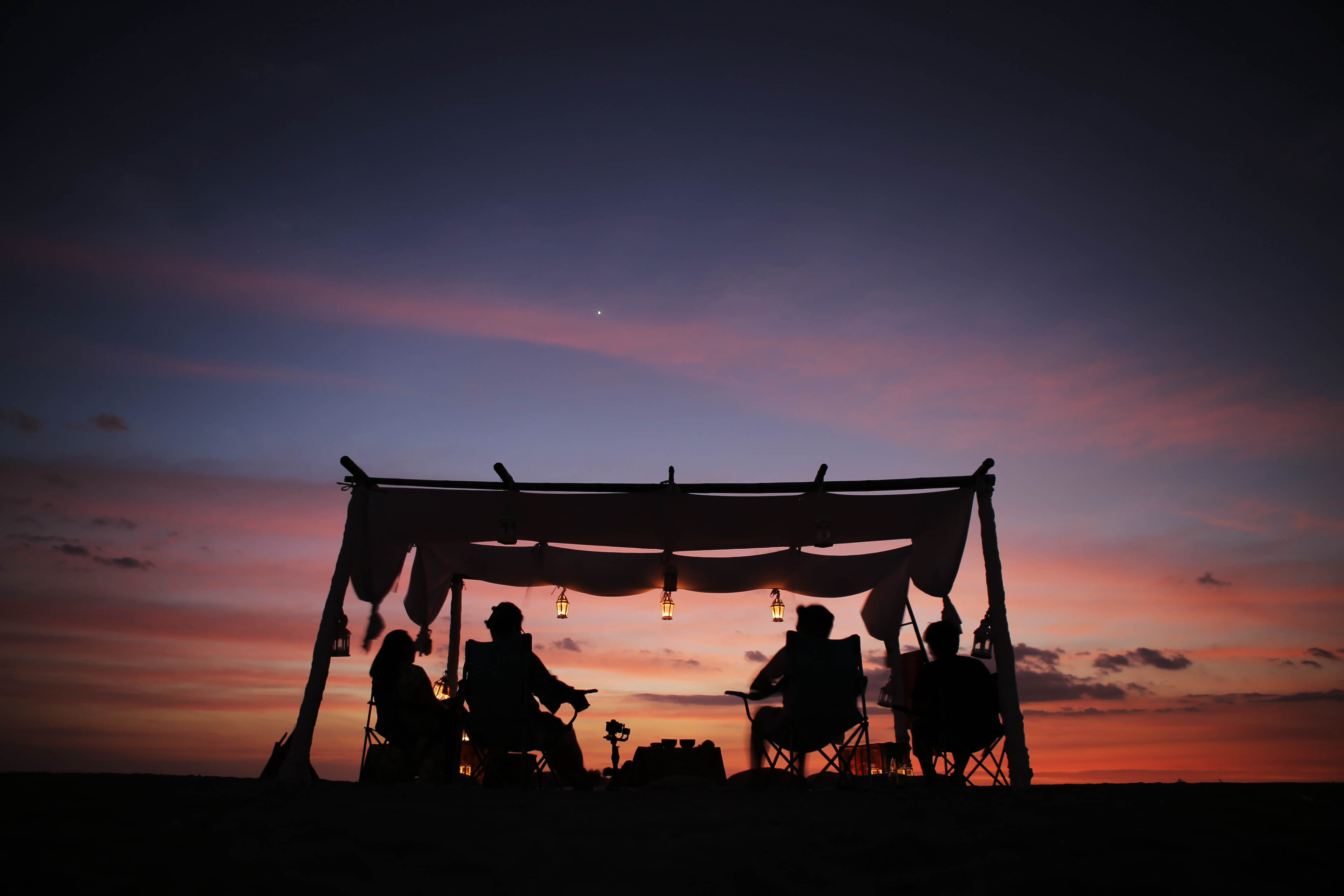
I want to go to Zambawood
At the time of publishing this story, COVID-19 cases remain a concern, and various travel restrictions and safety measures remain in place across countries. During this time, we encourage you to respect prevailing rules and precautionary measures while travelling, and seek out experiences that support communities hit hard by the pandemic.



